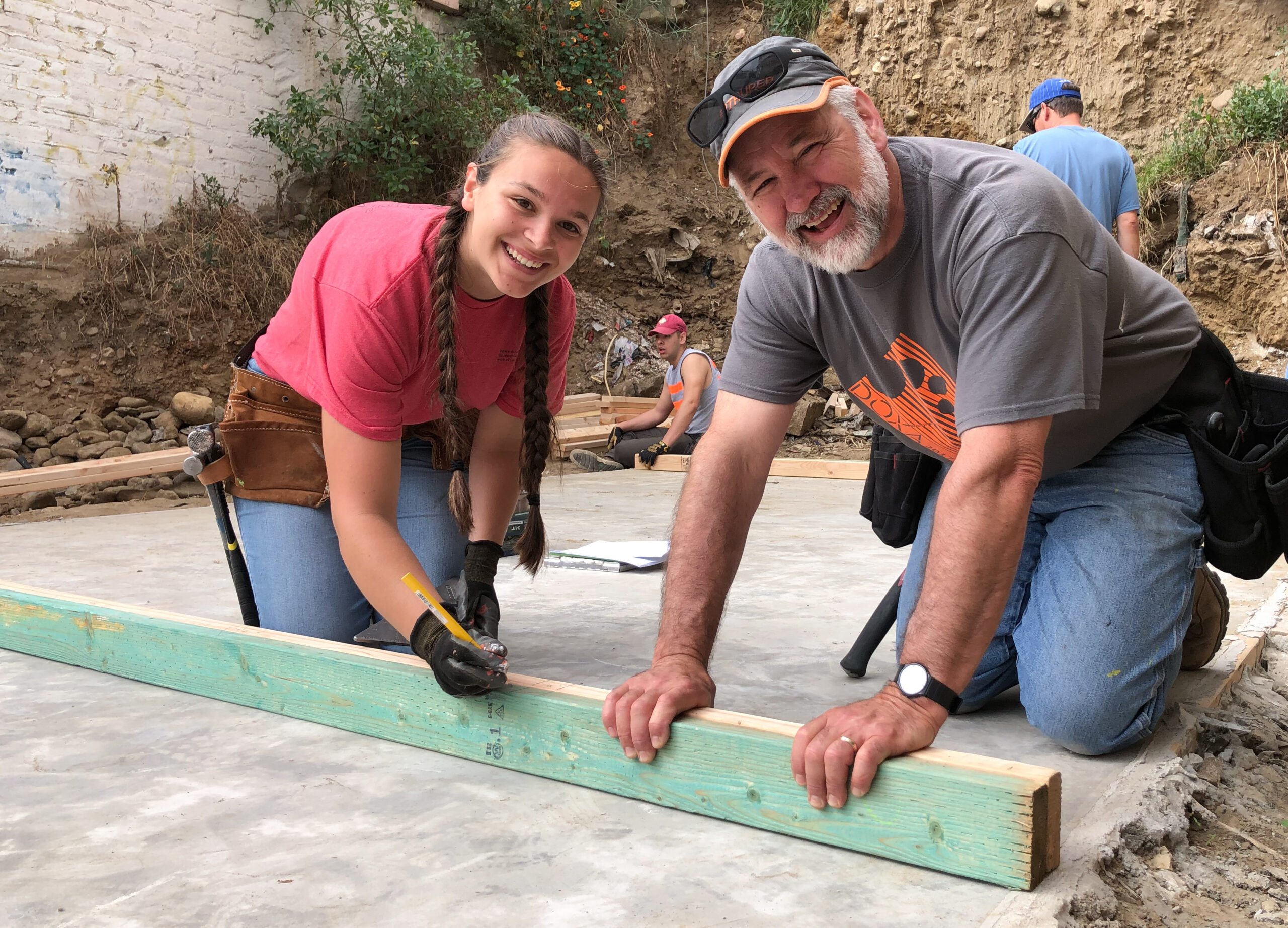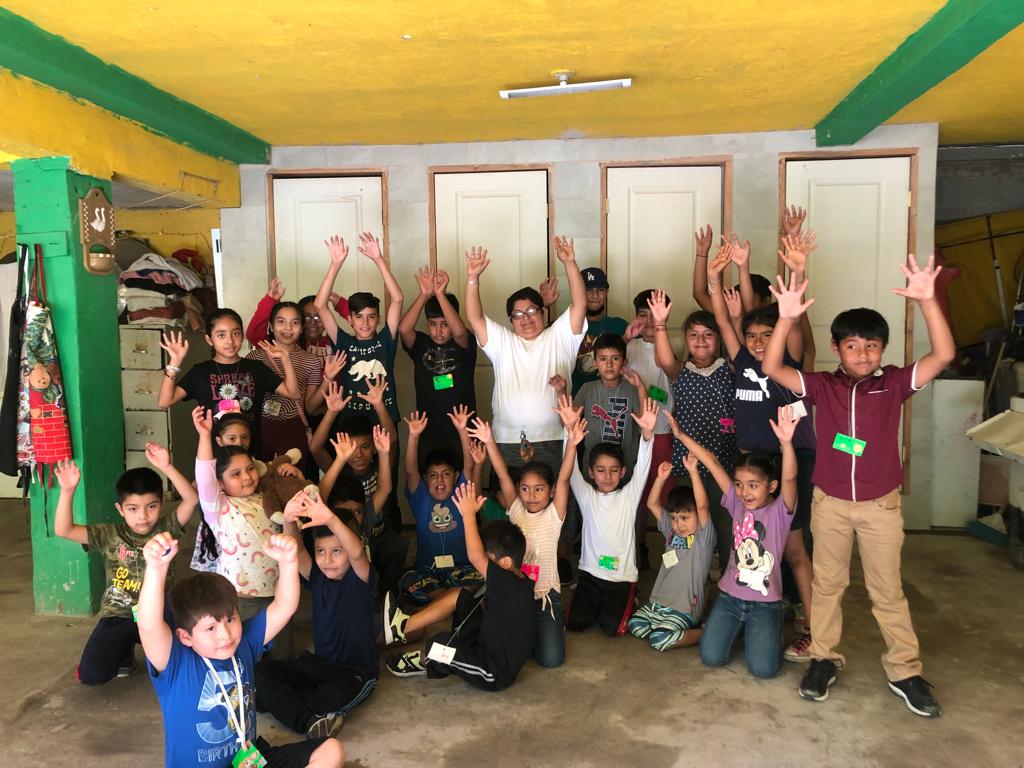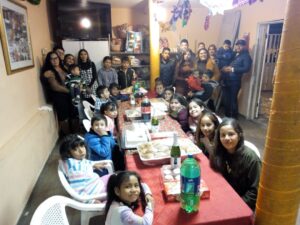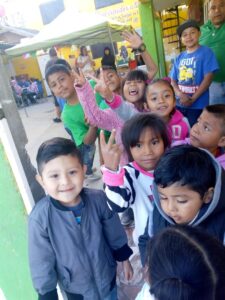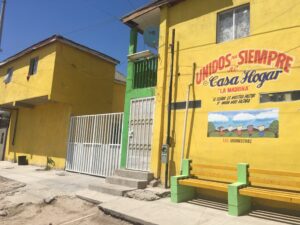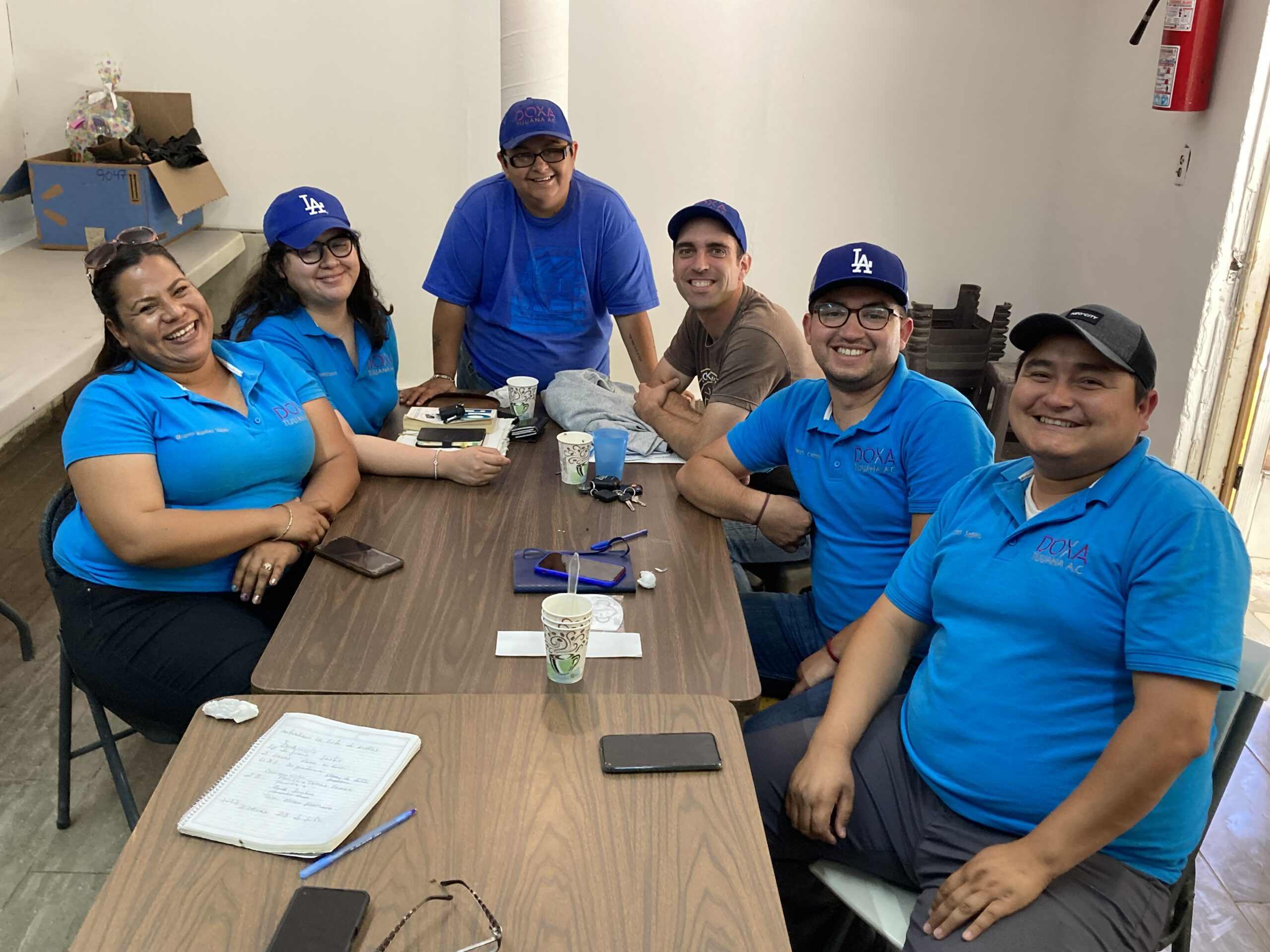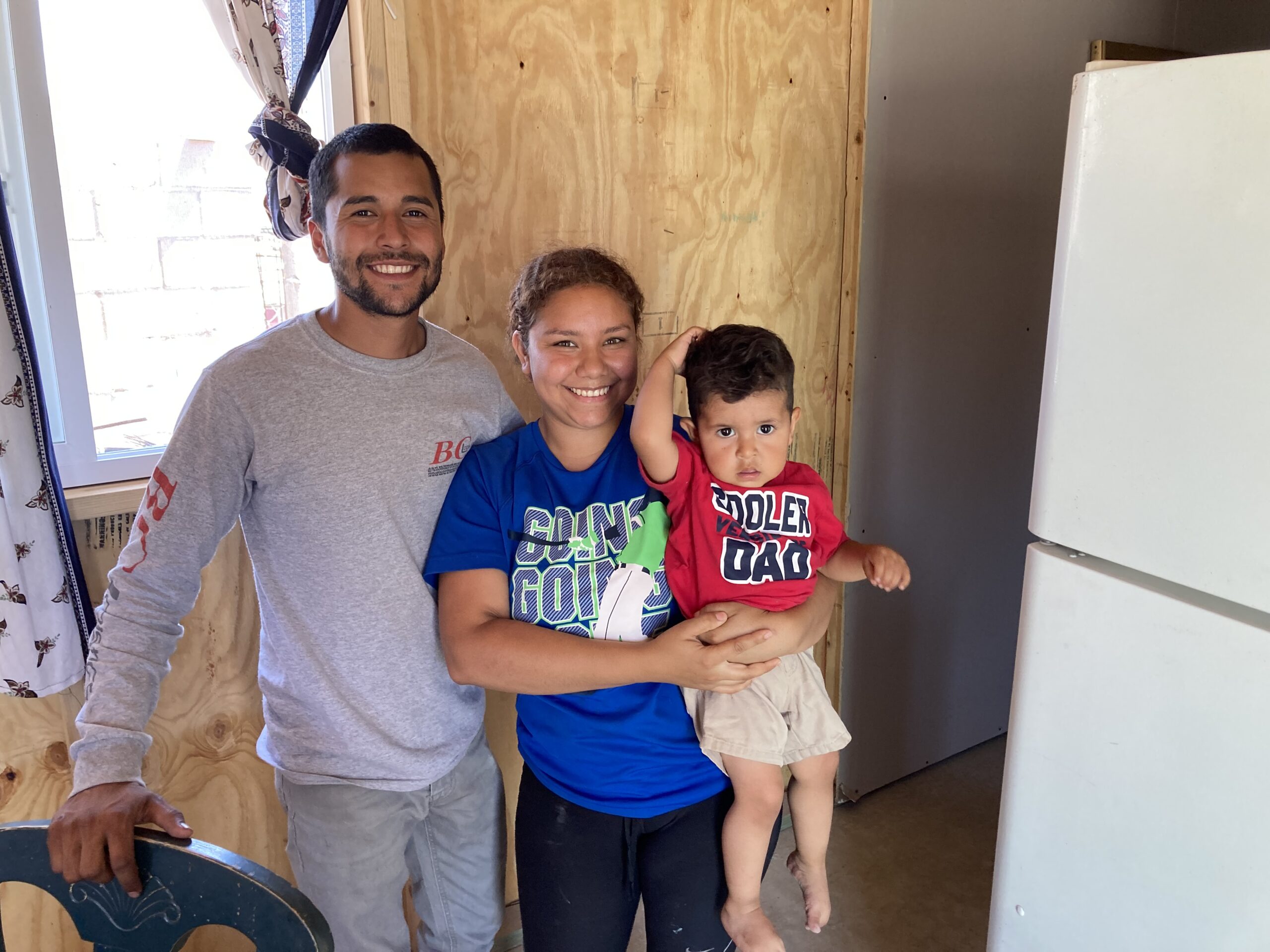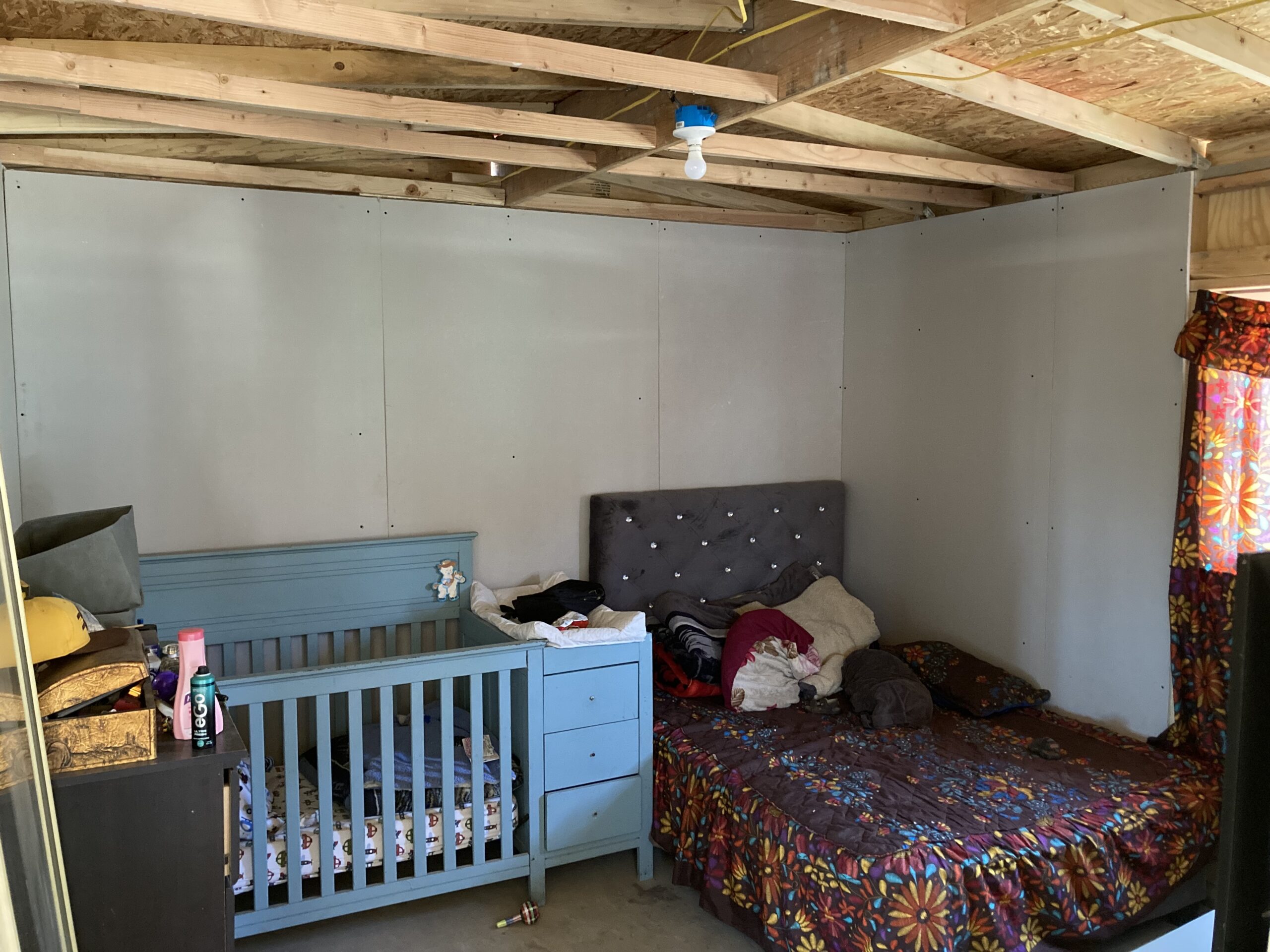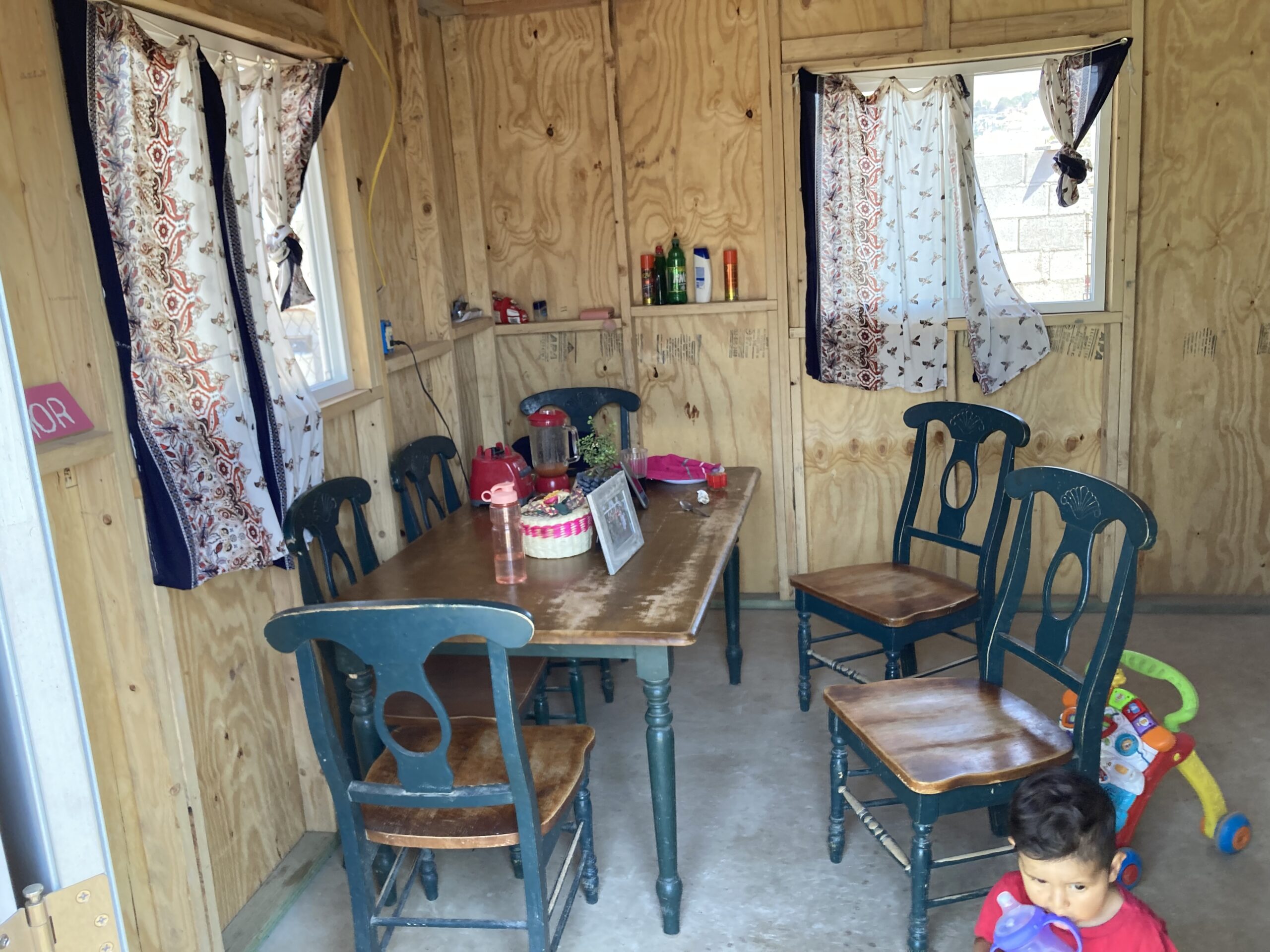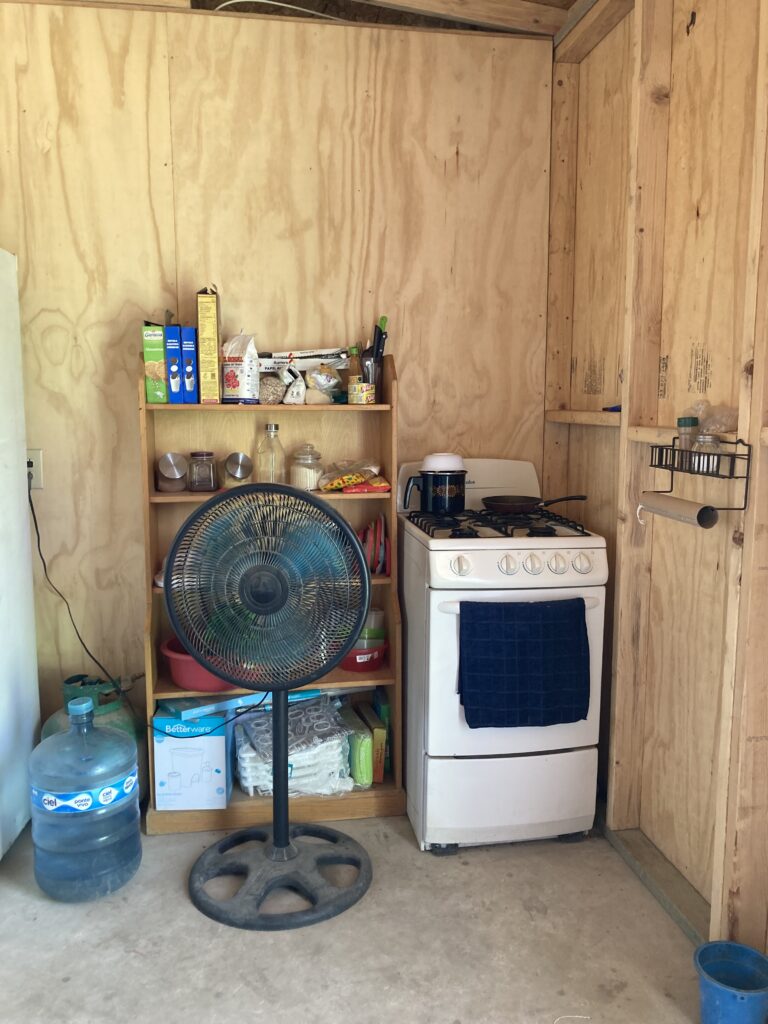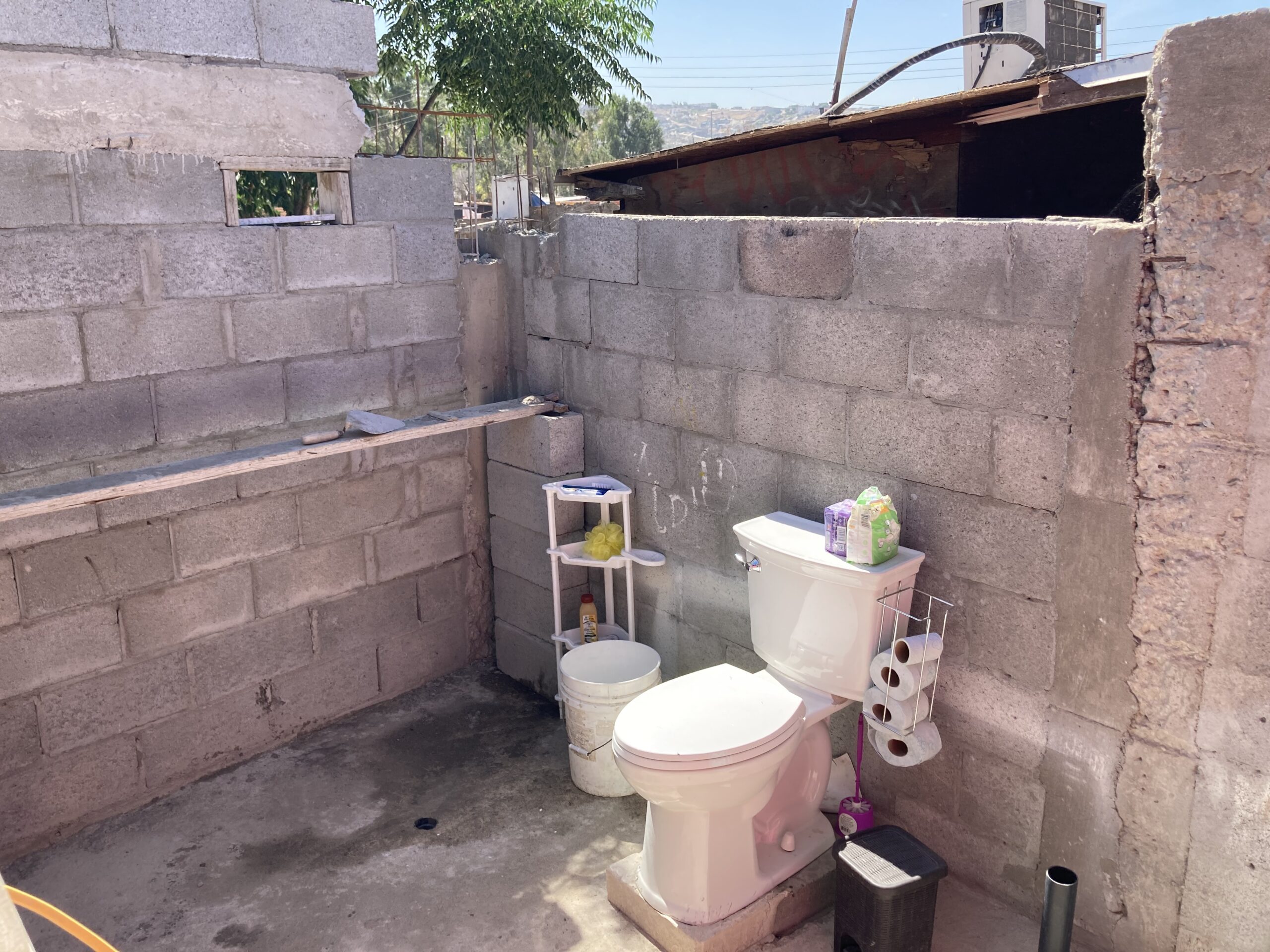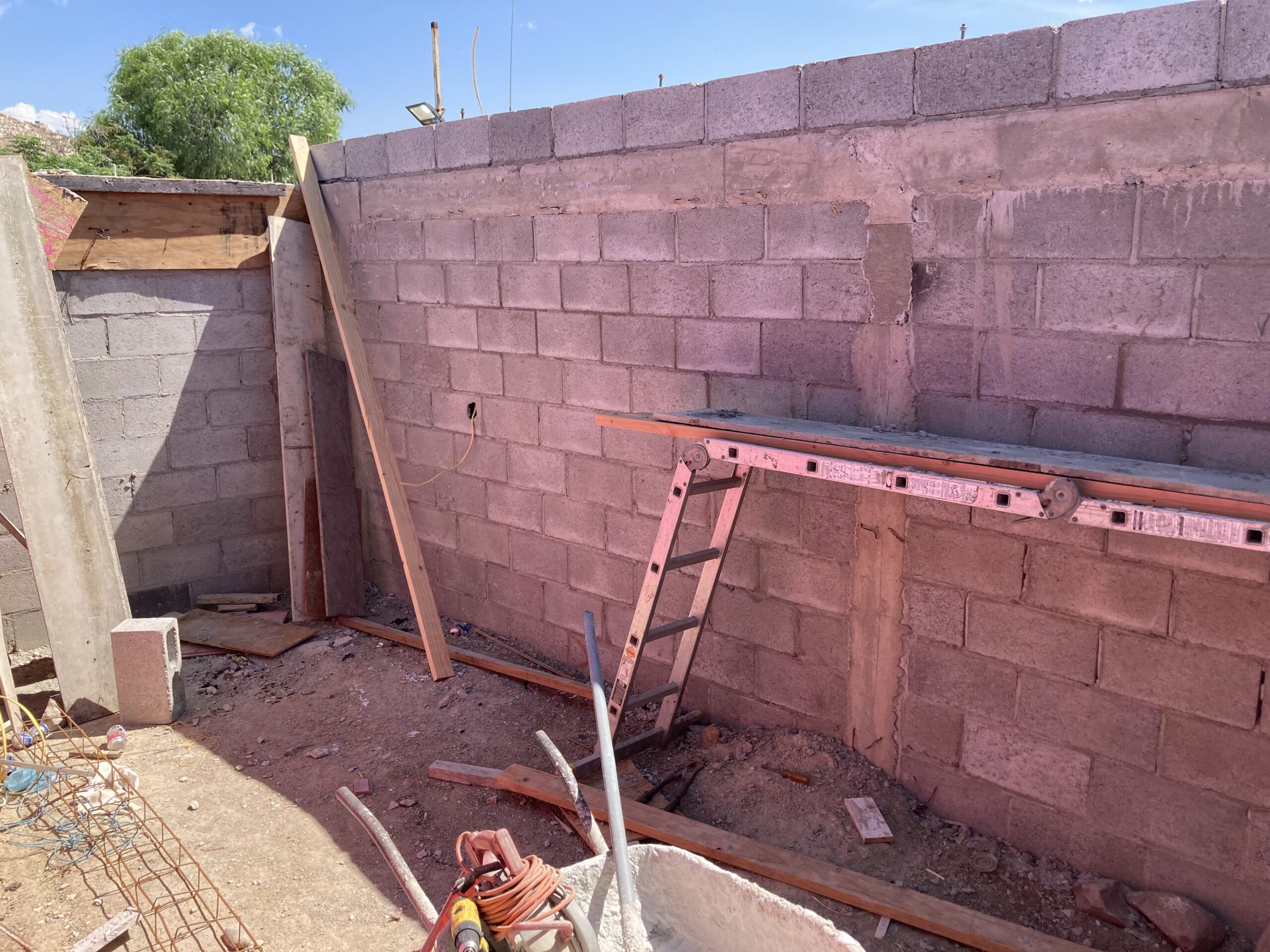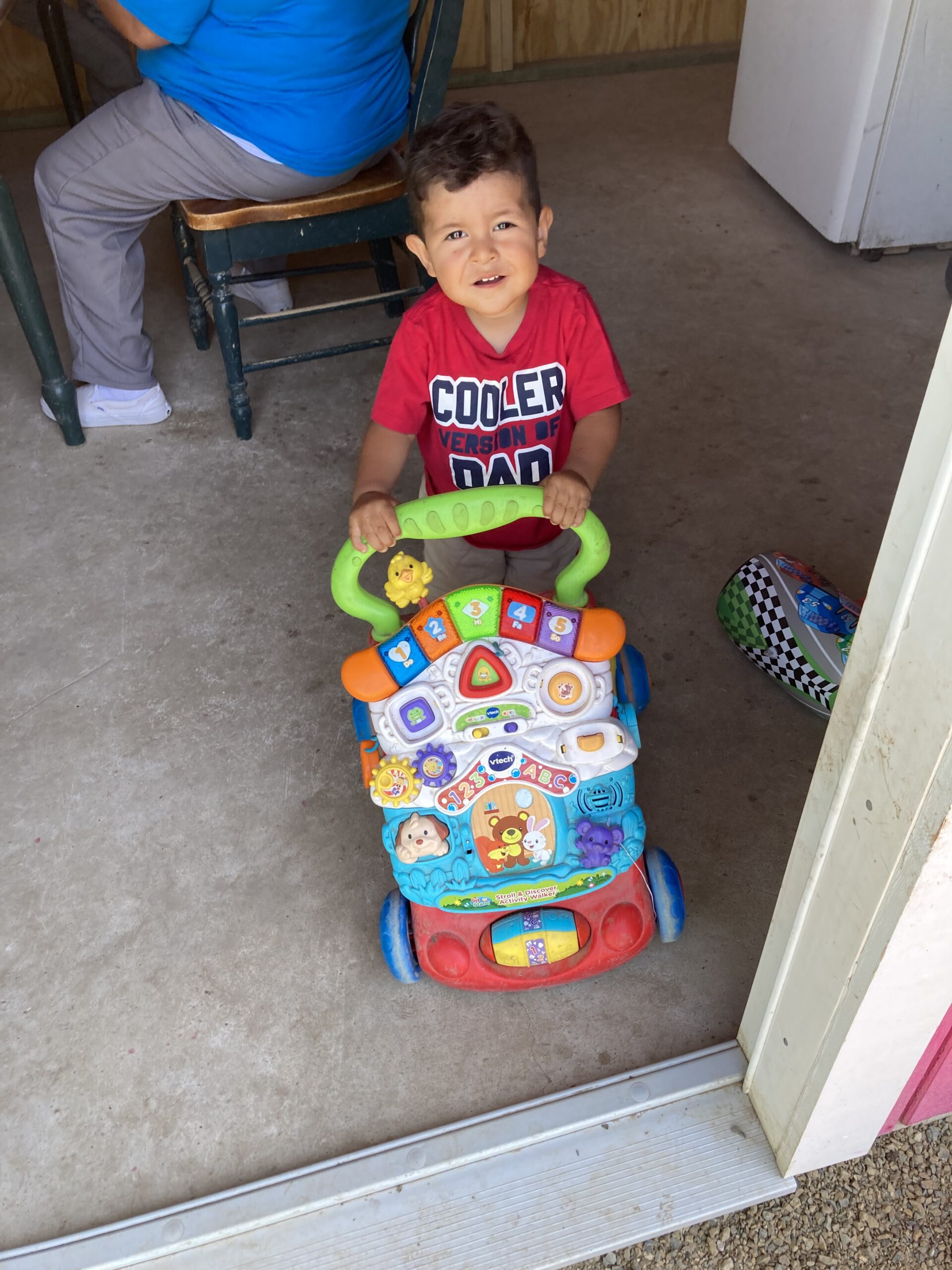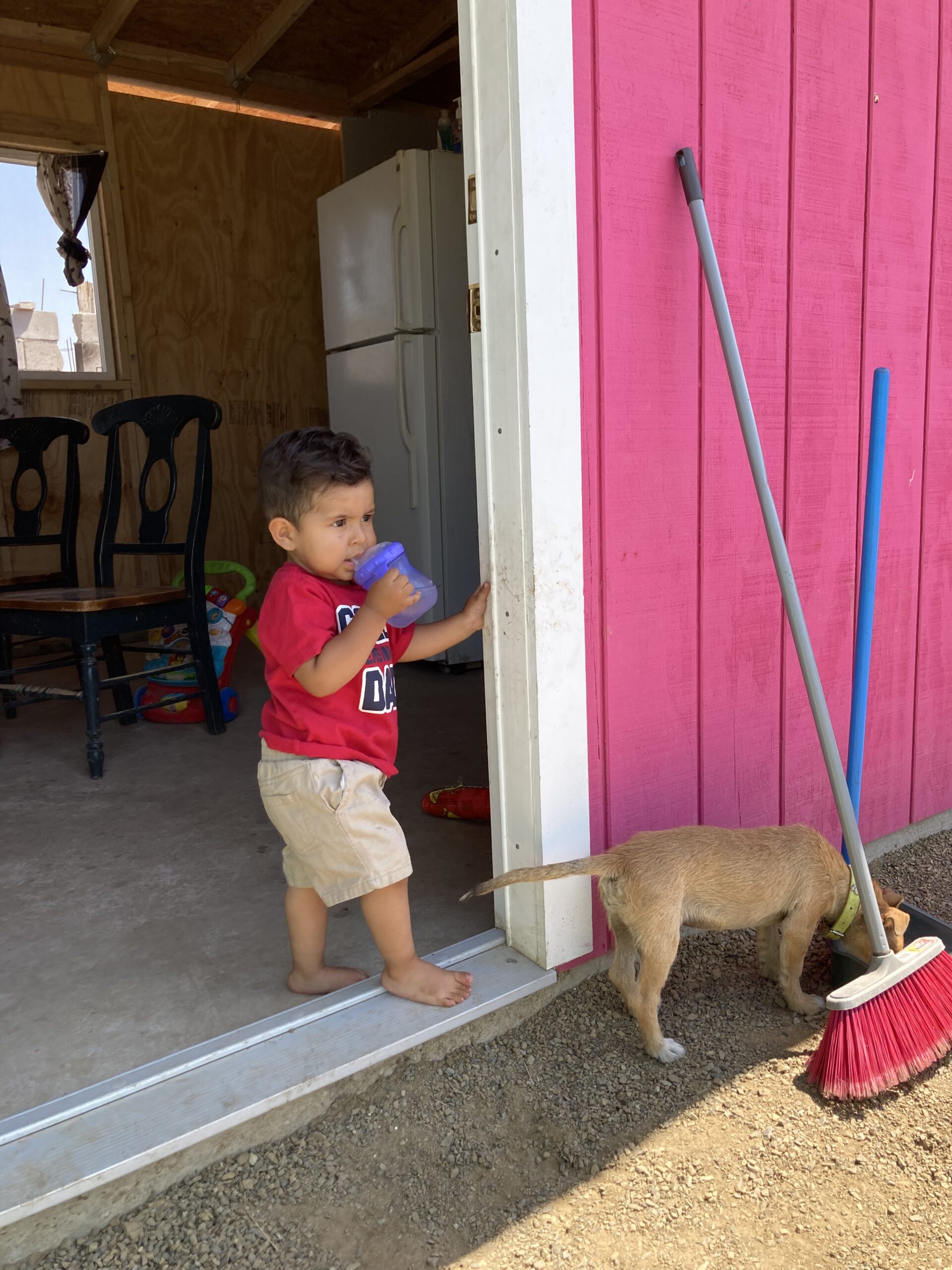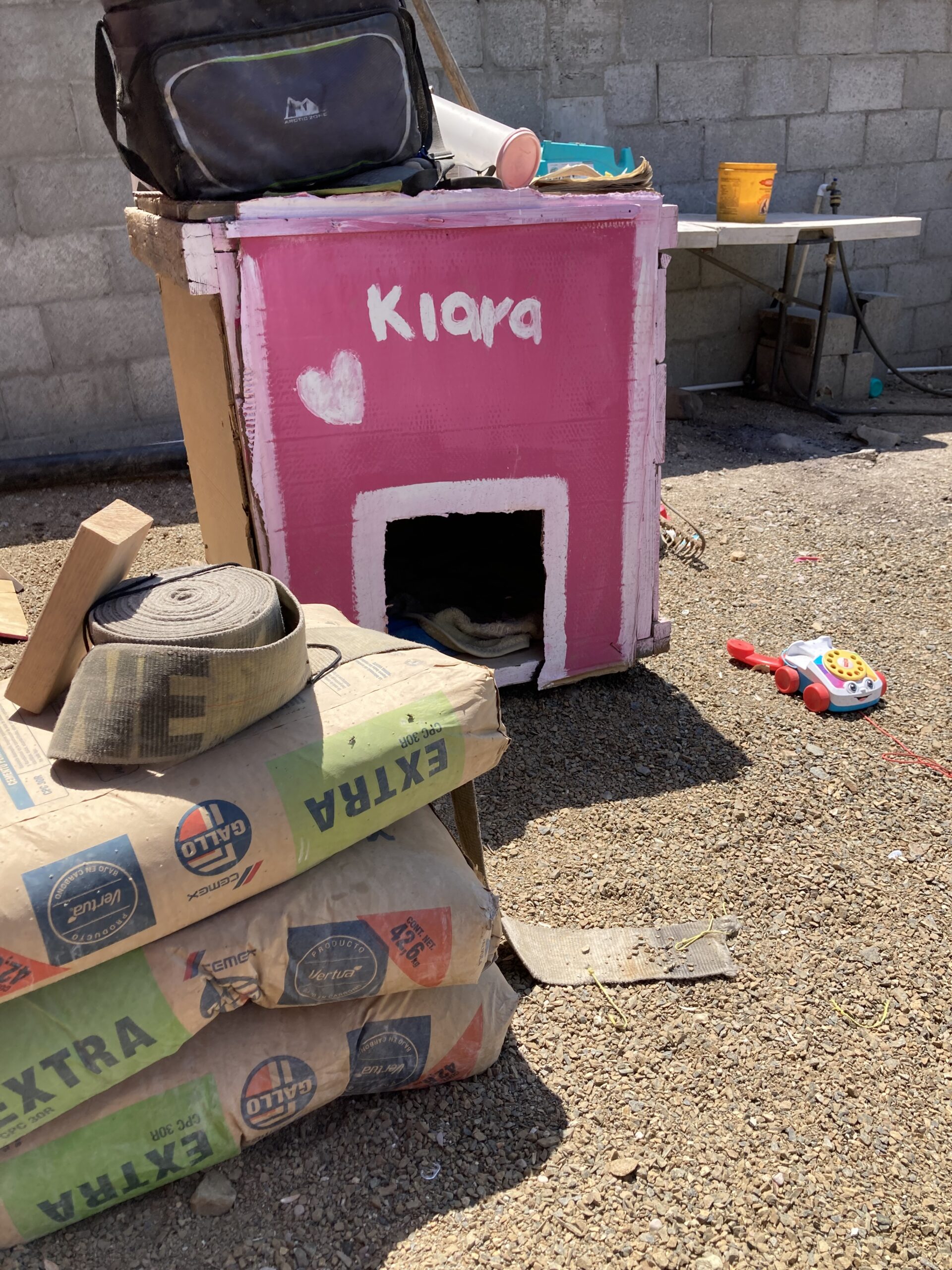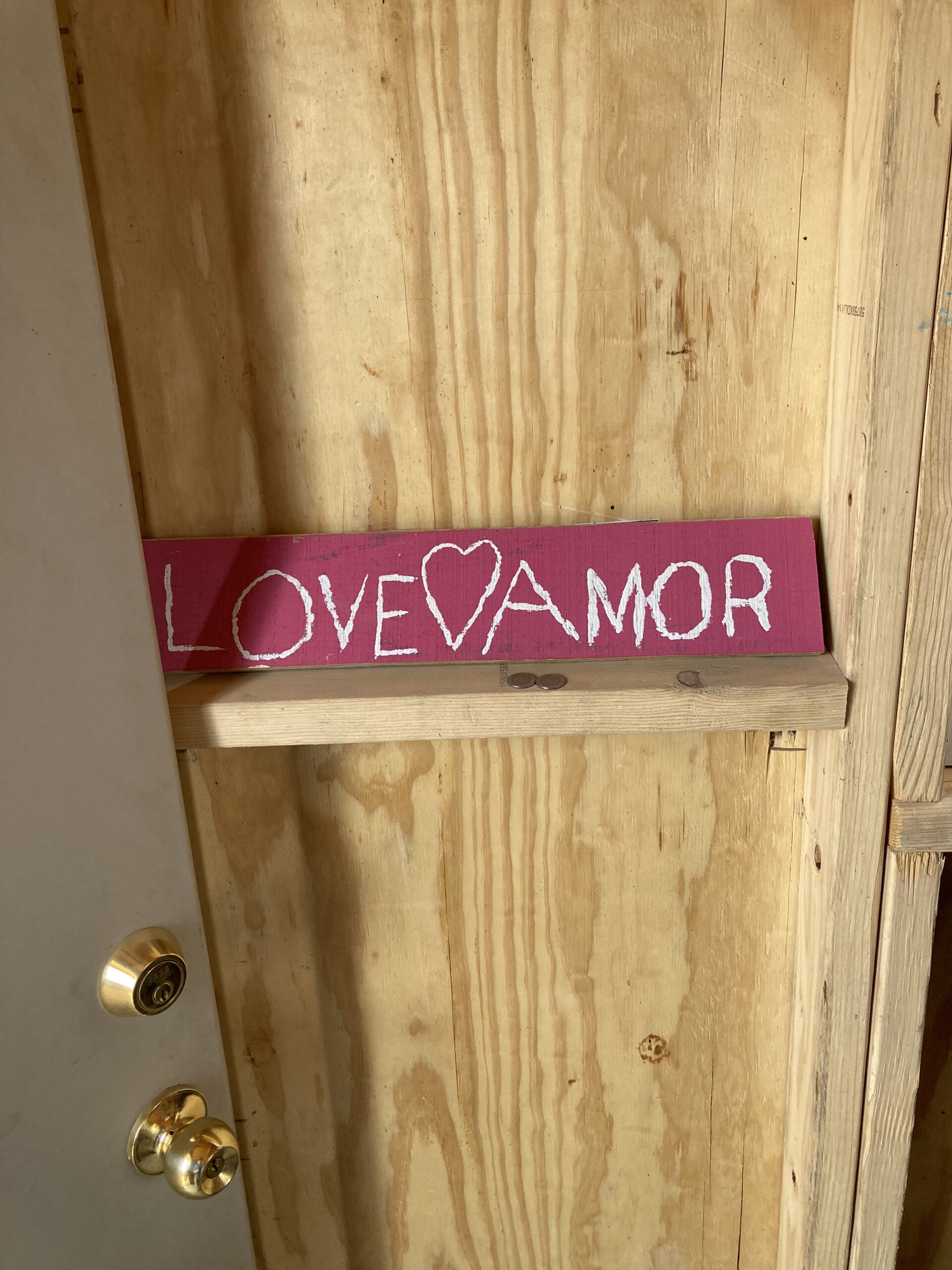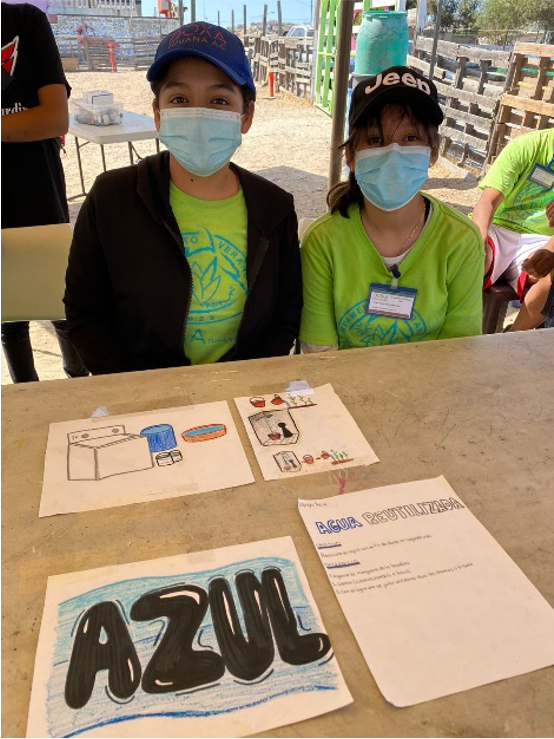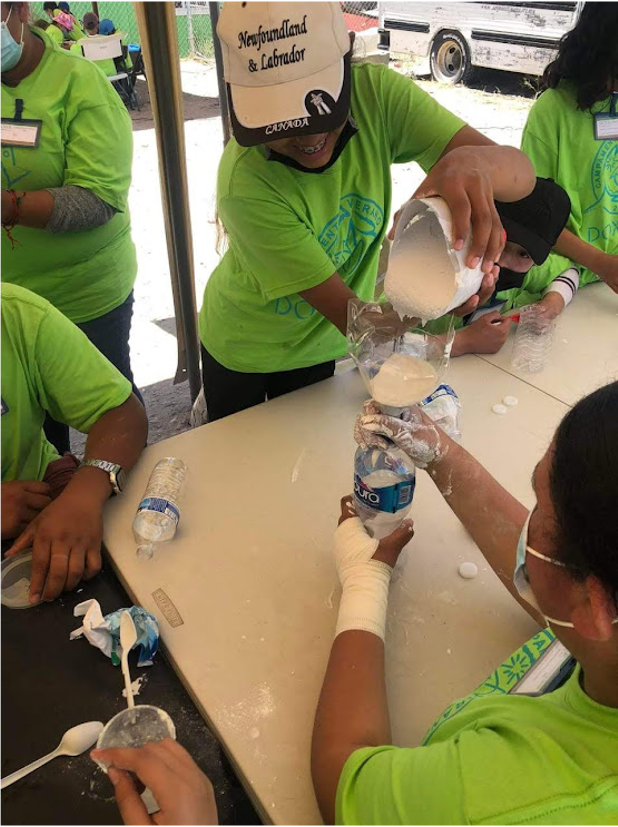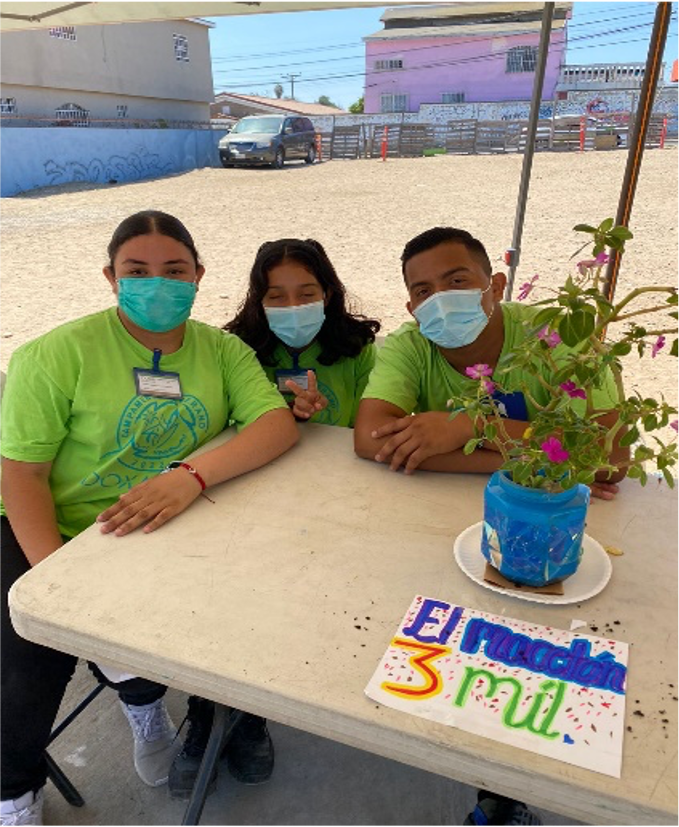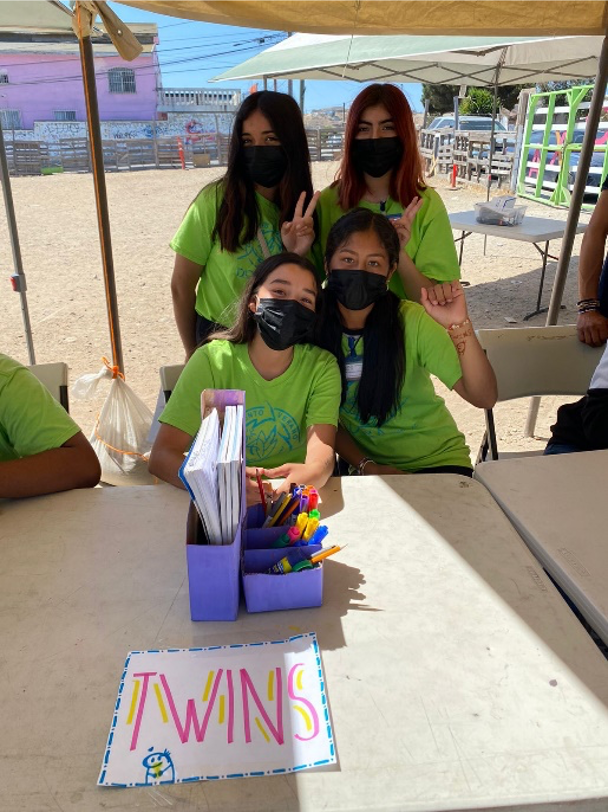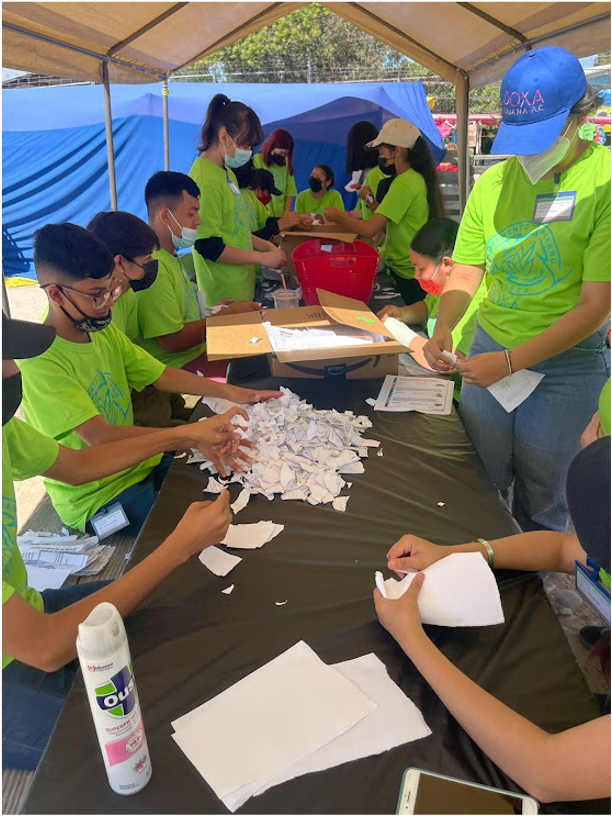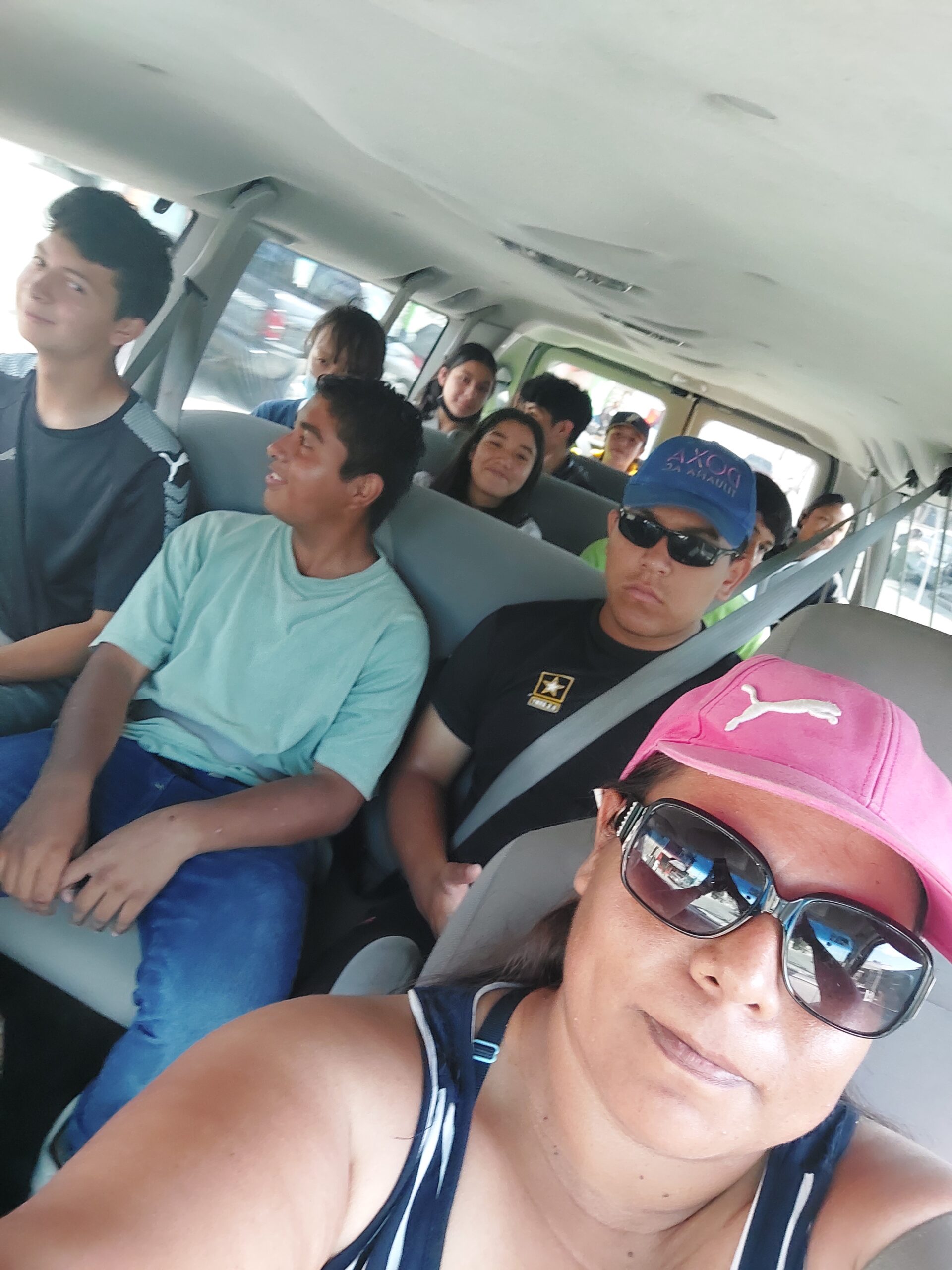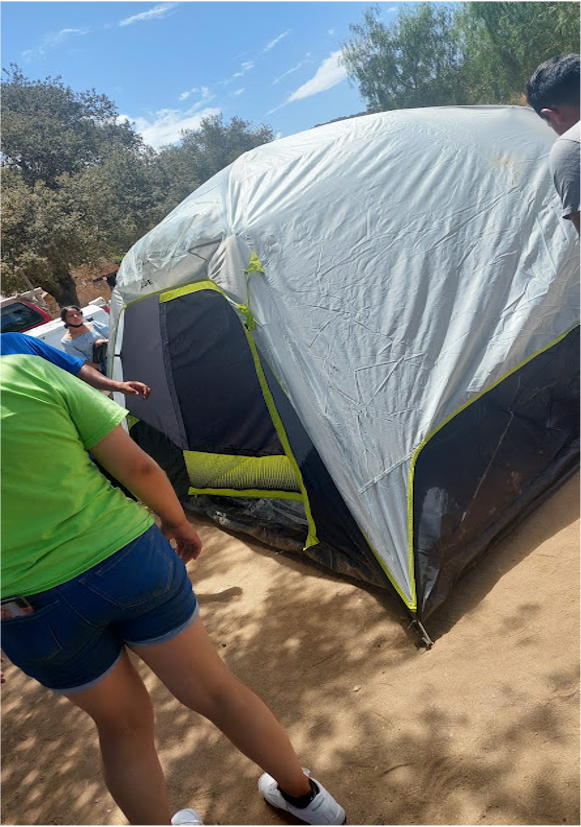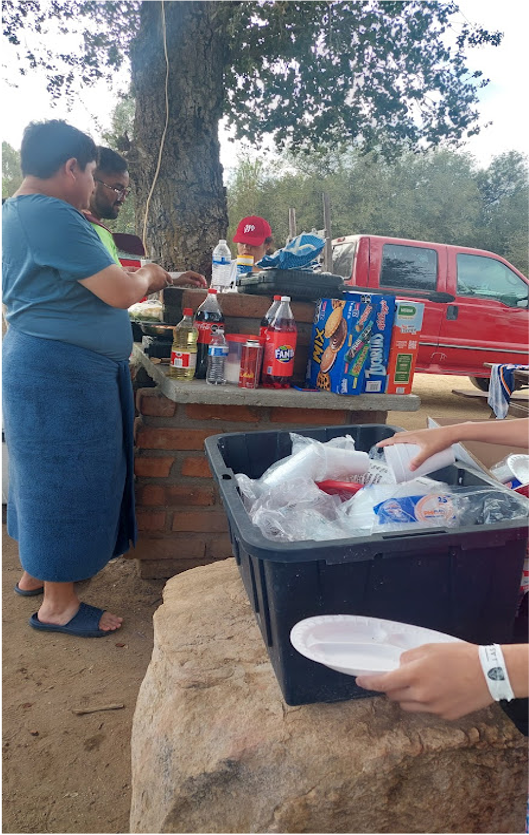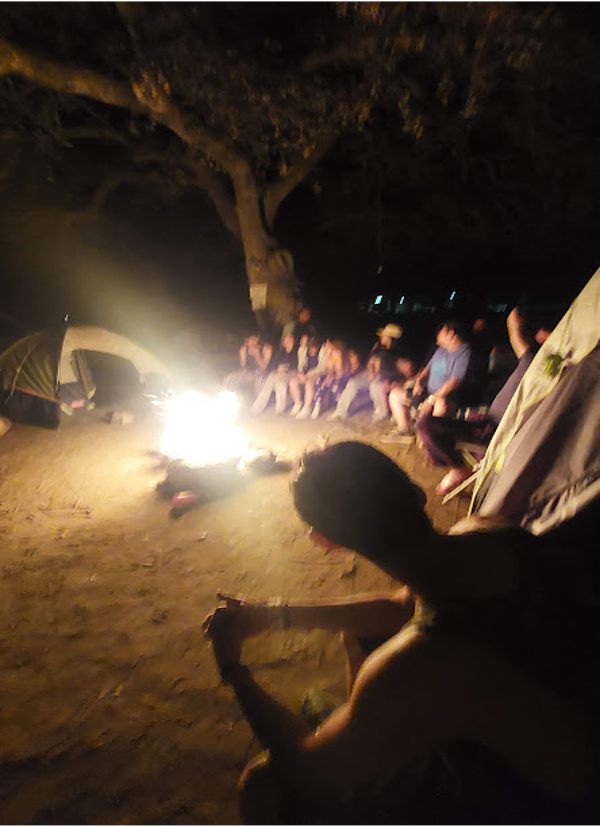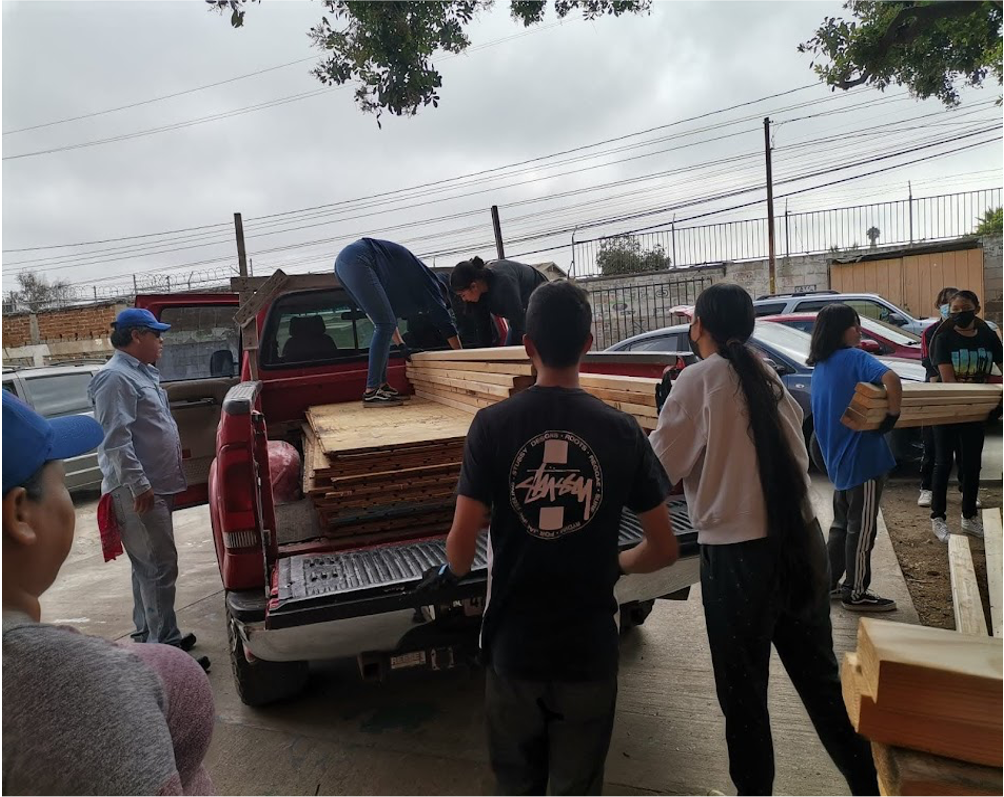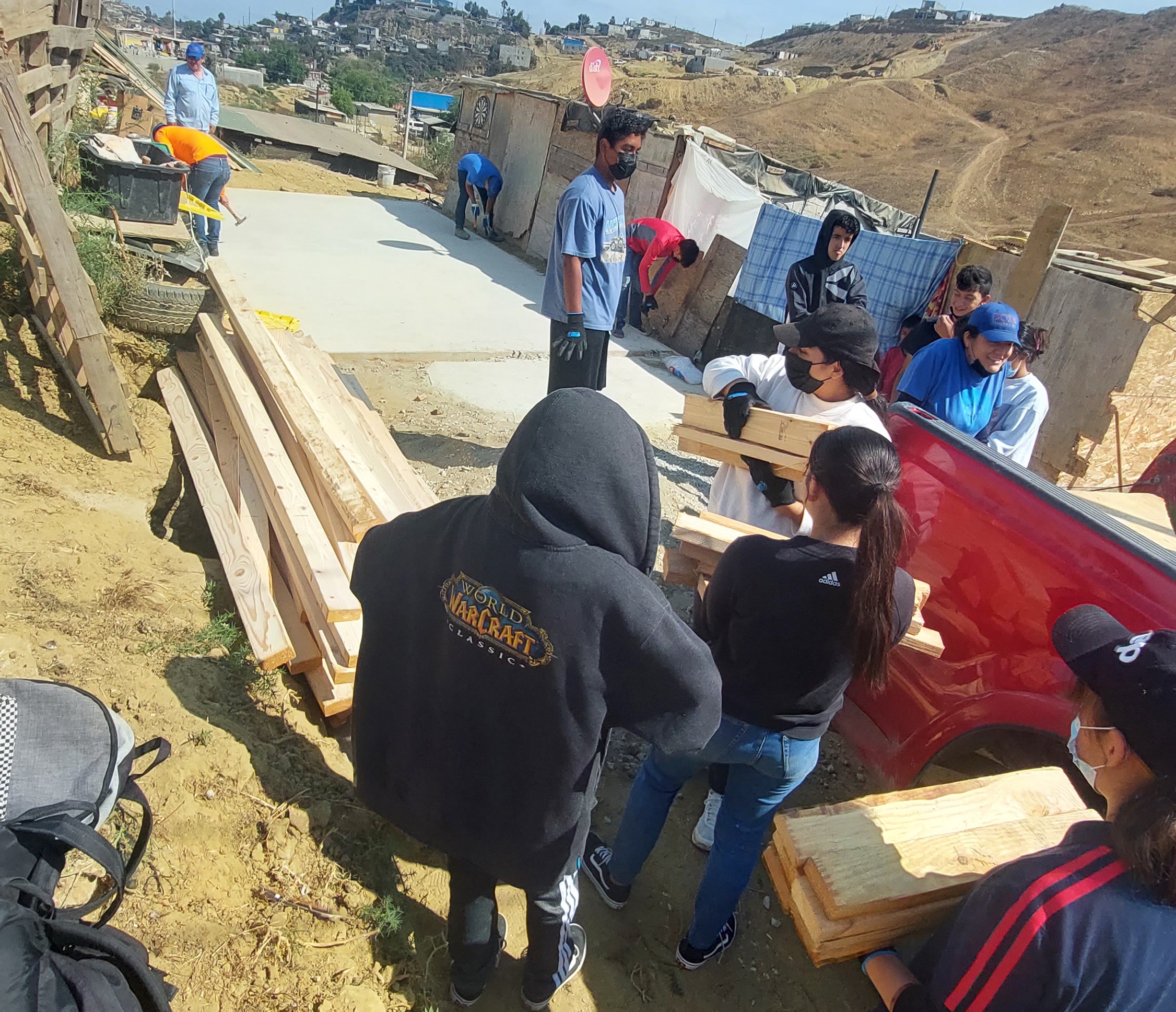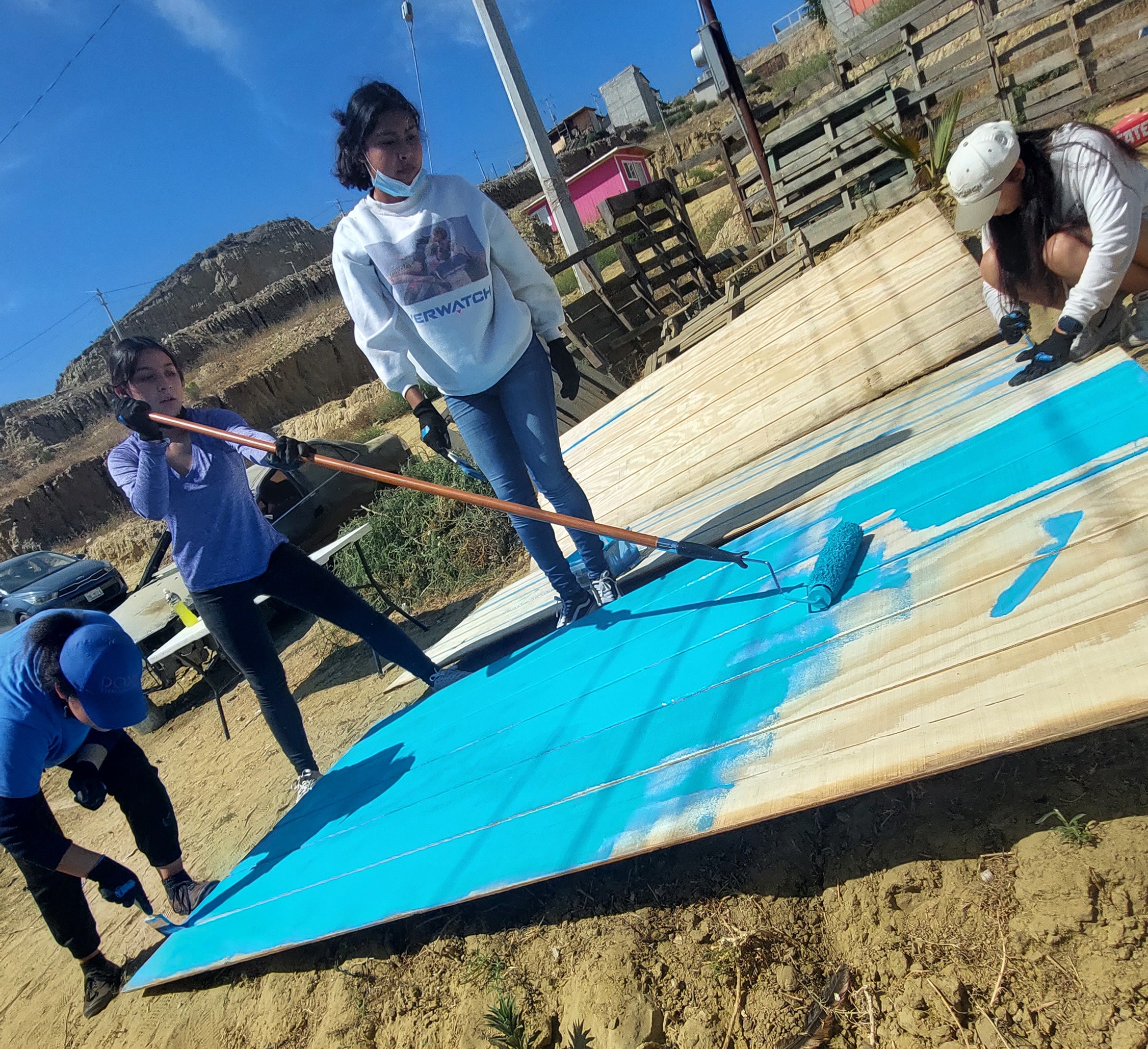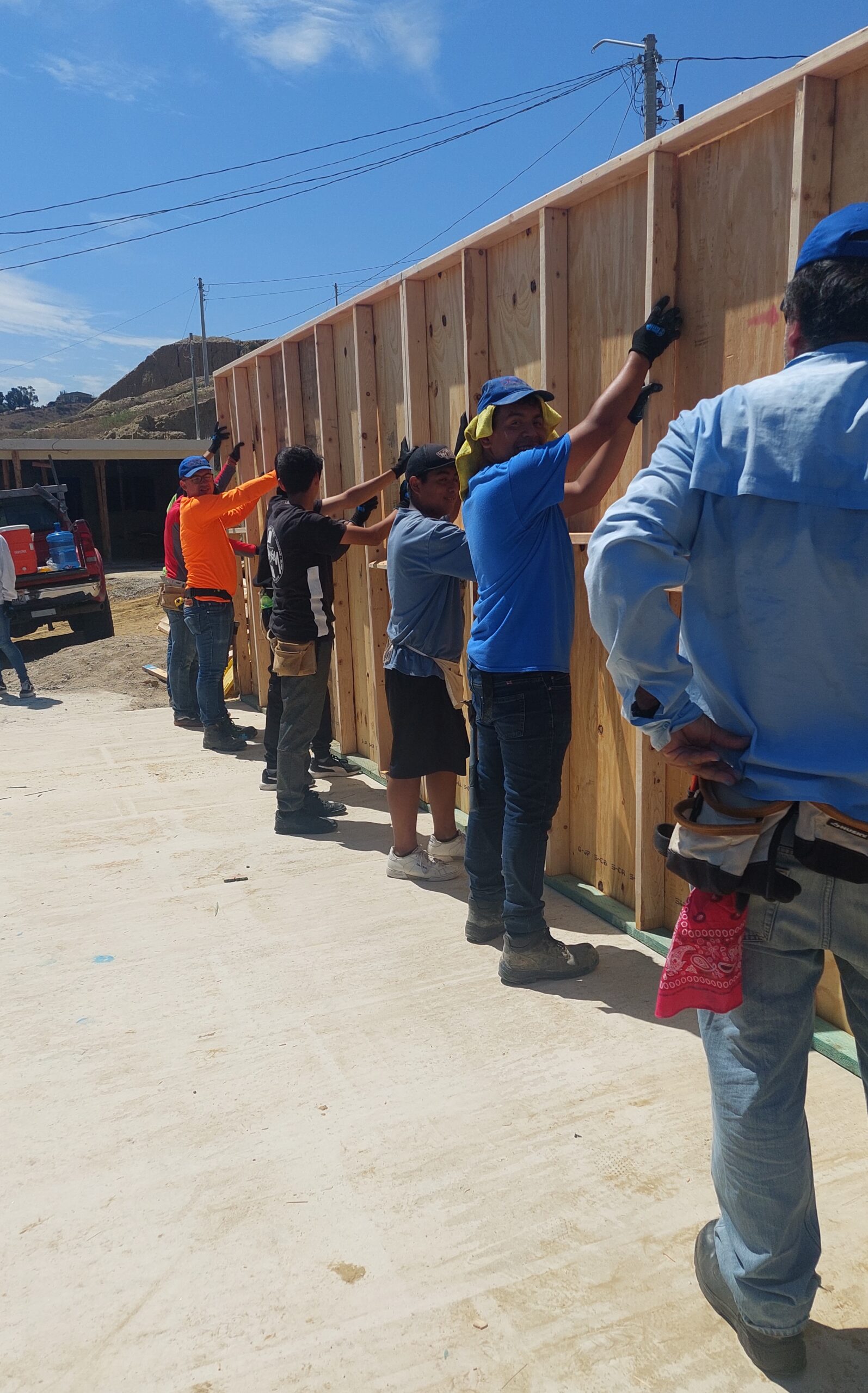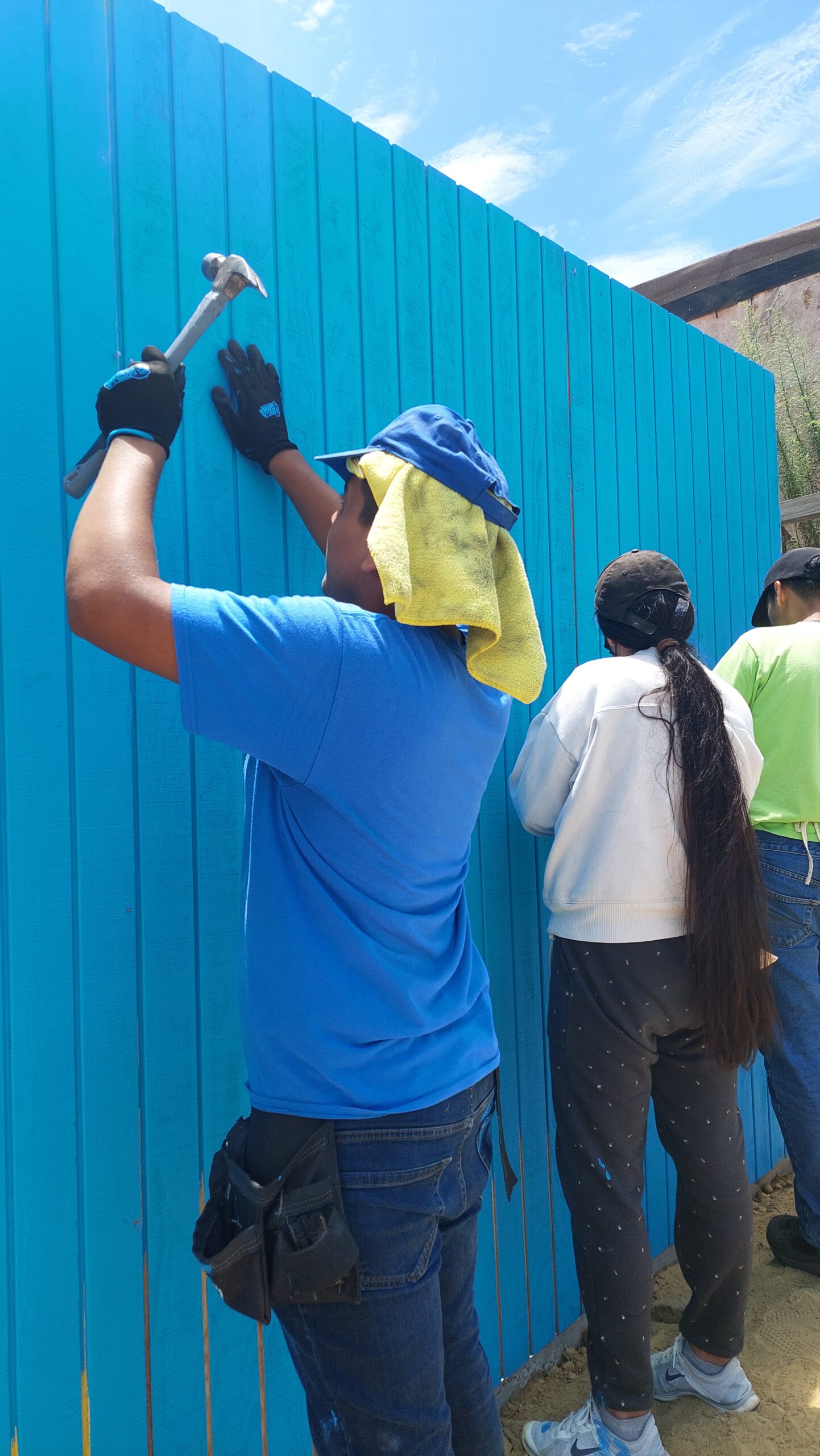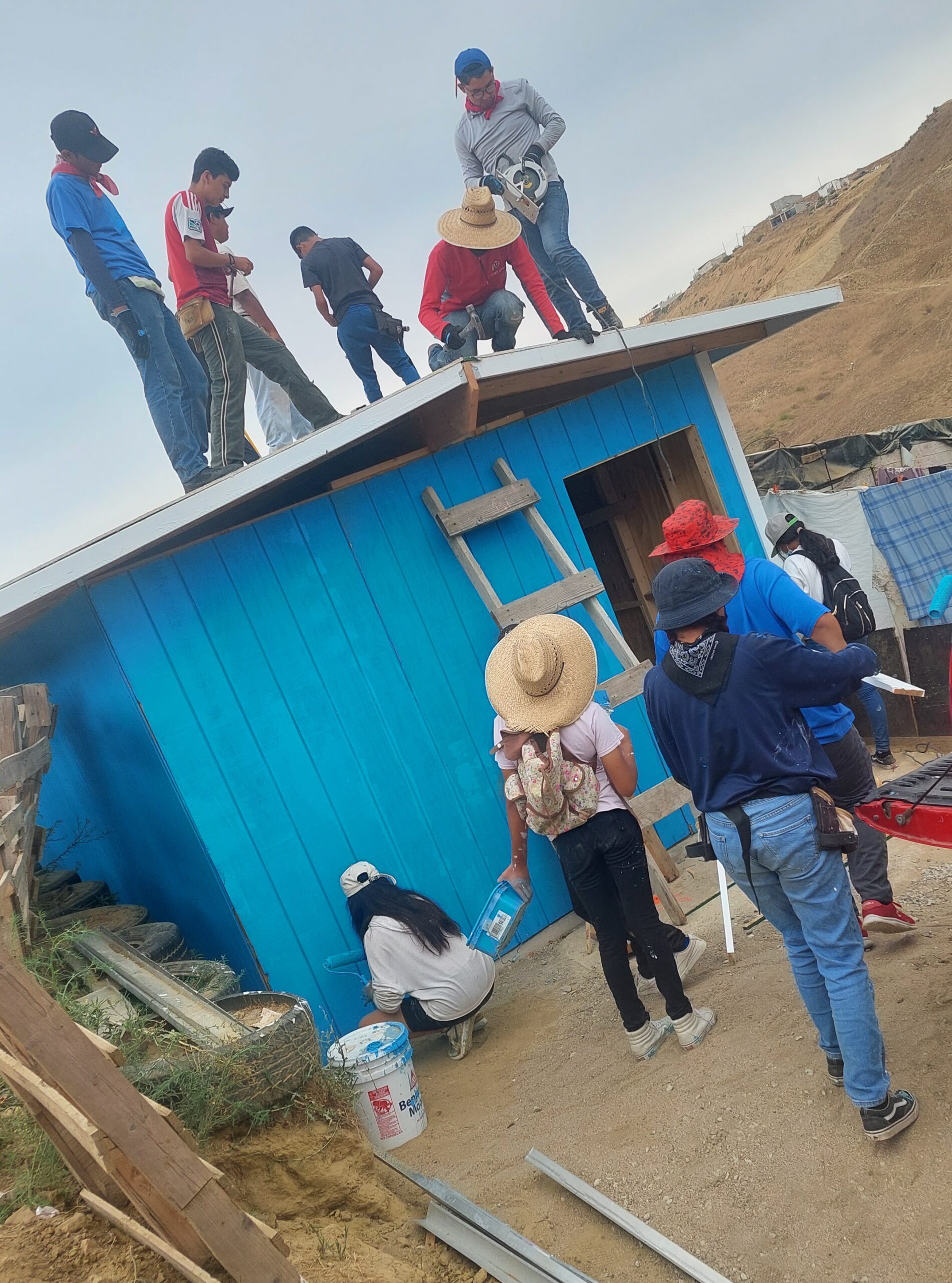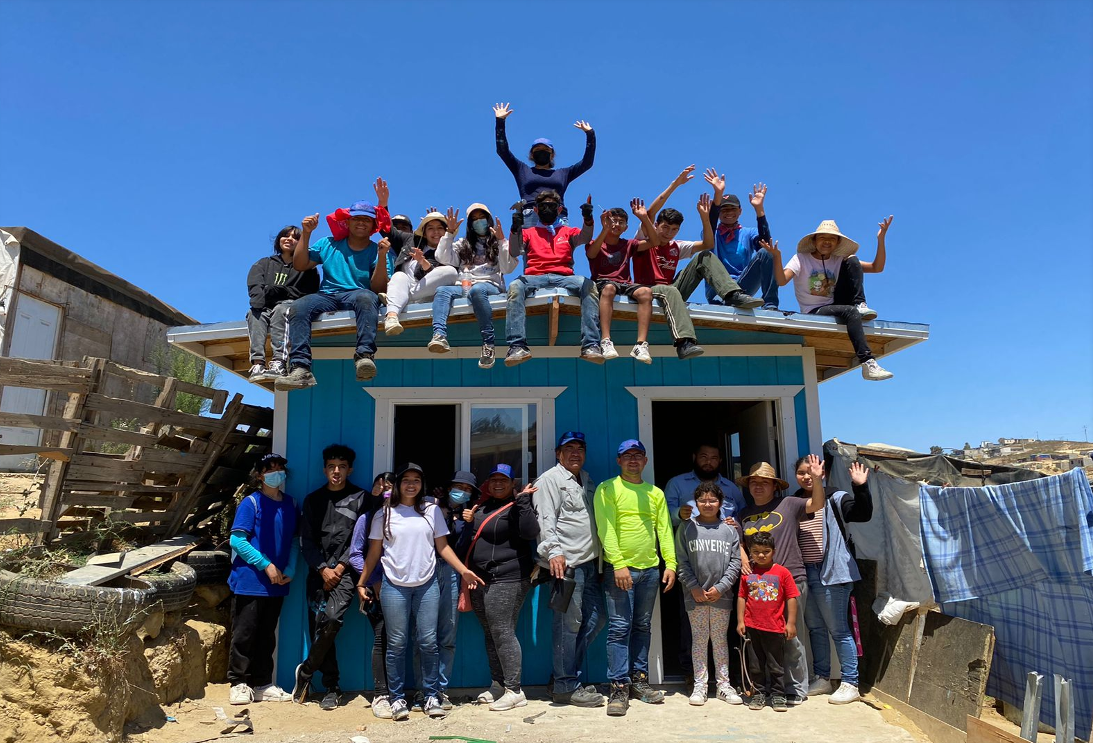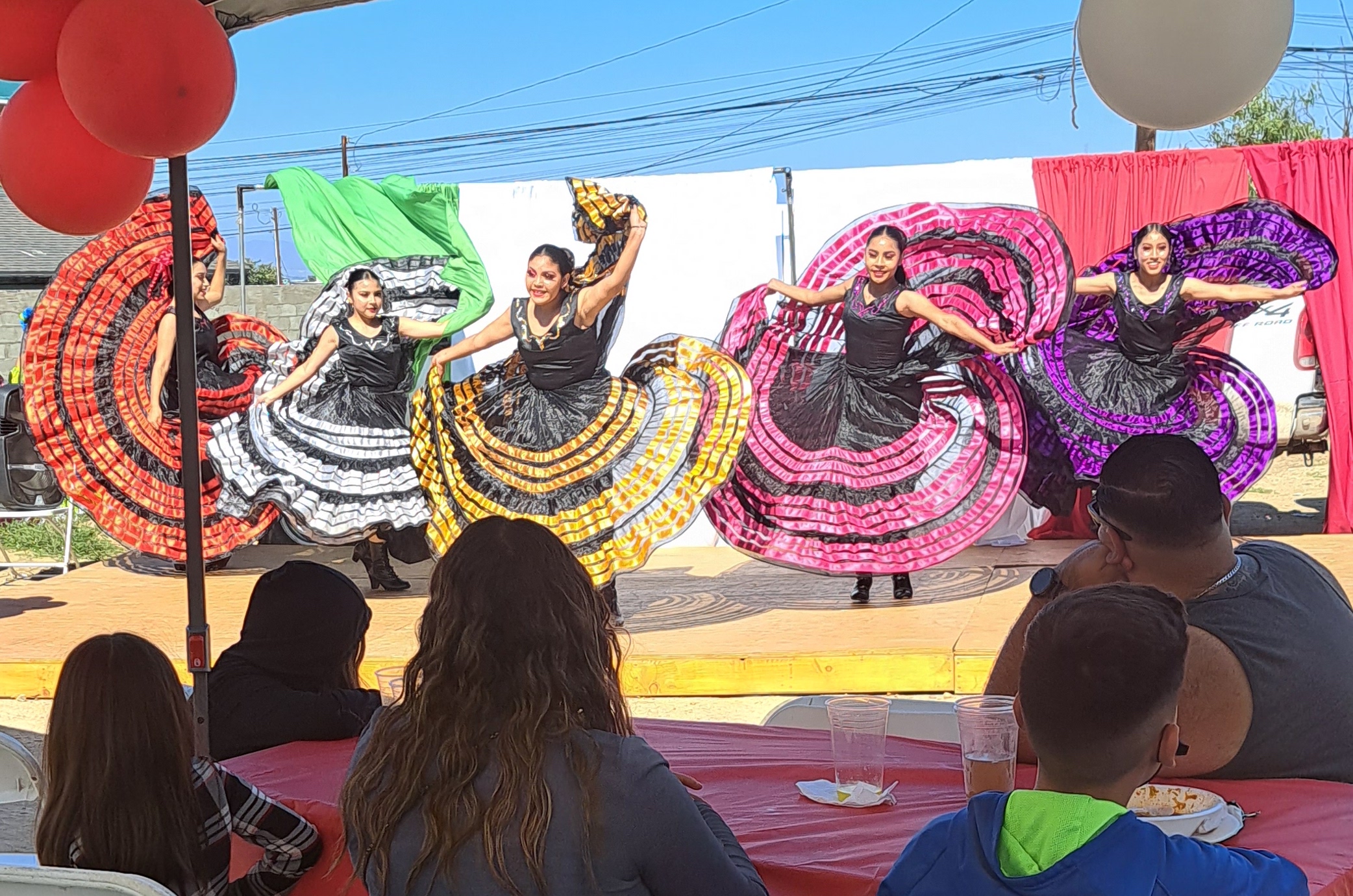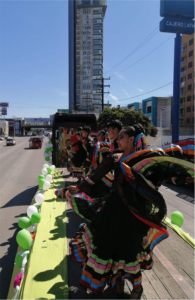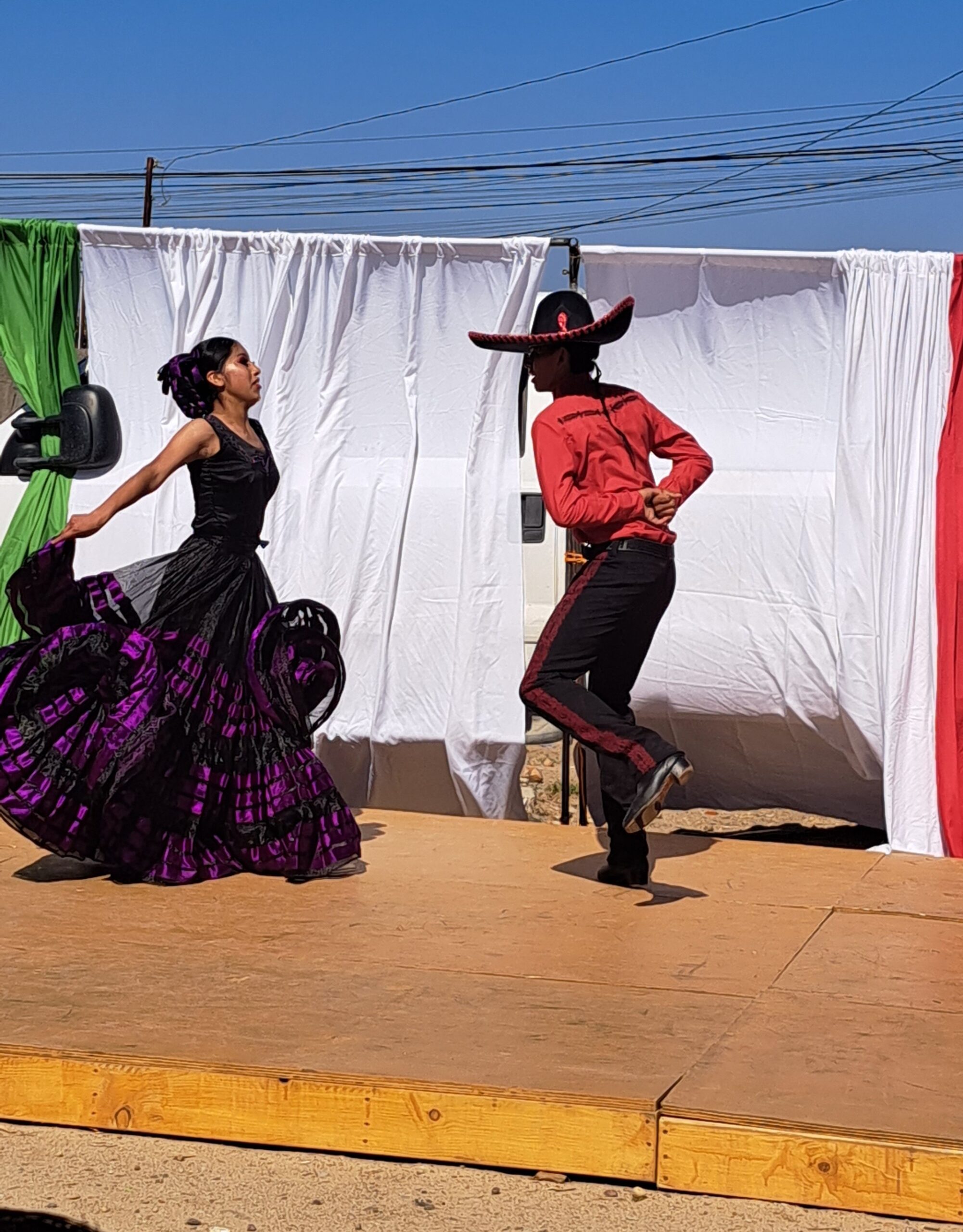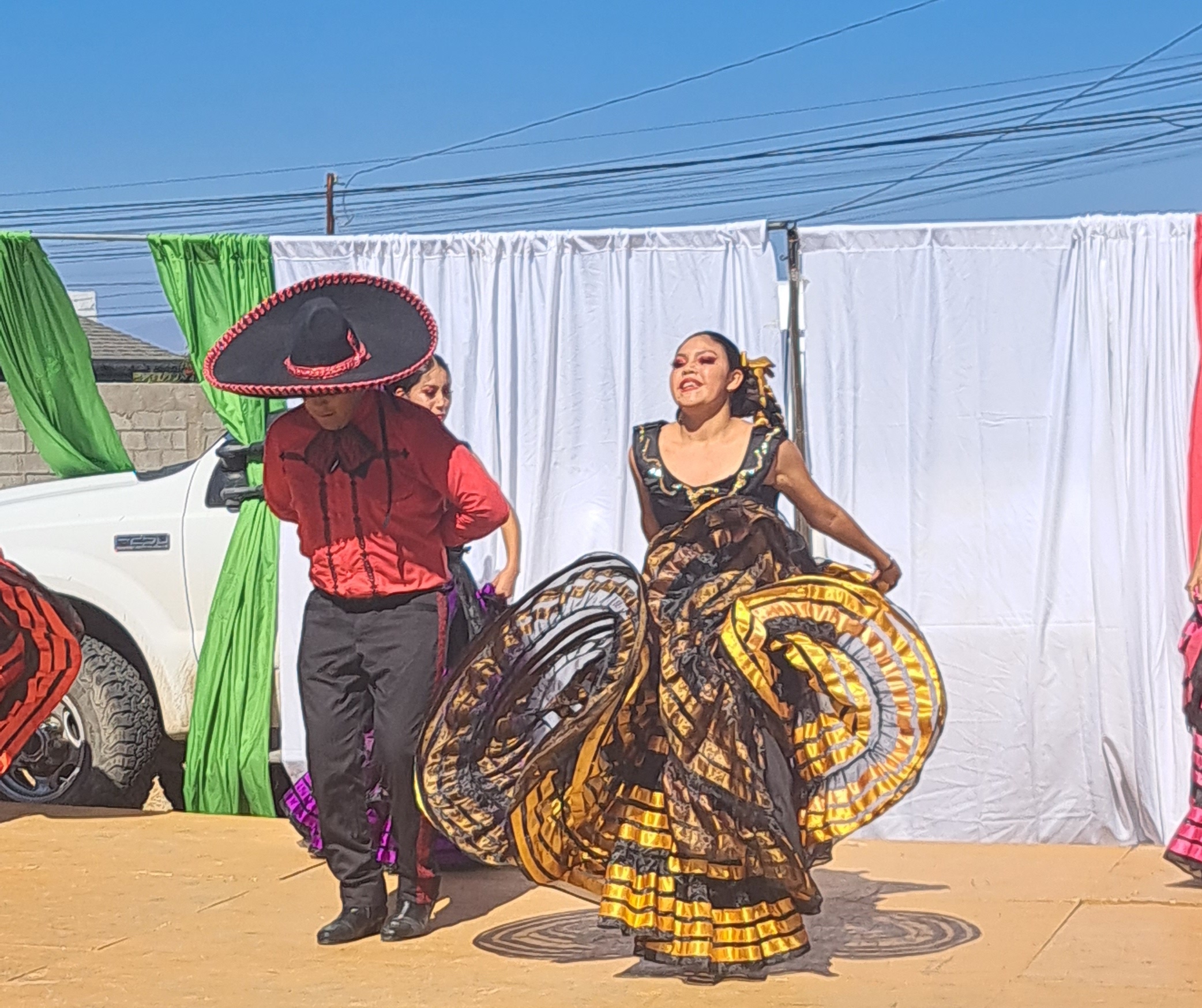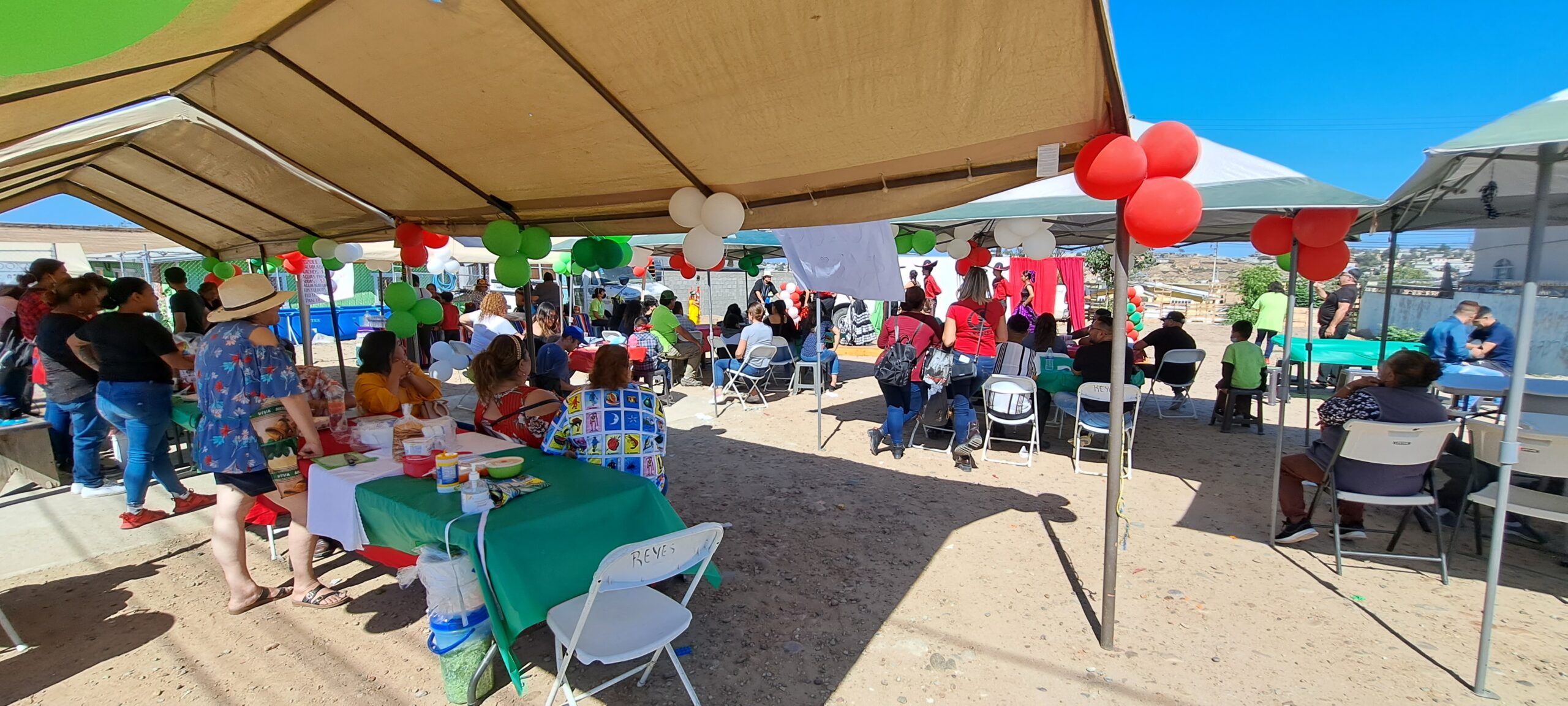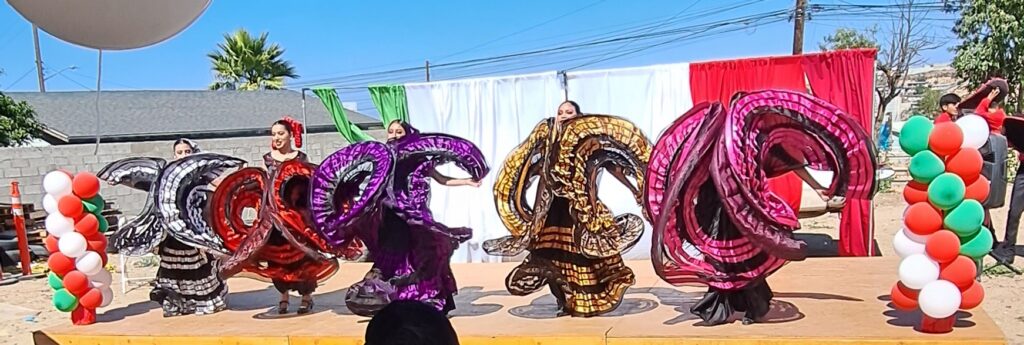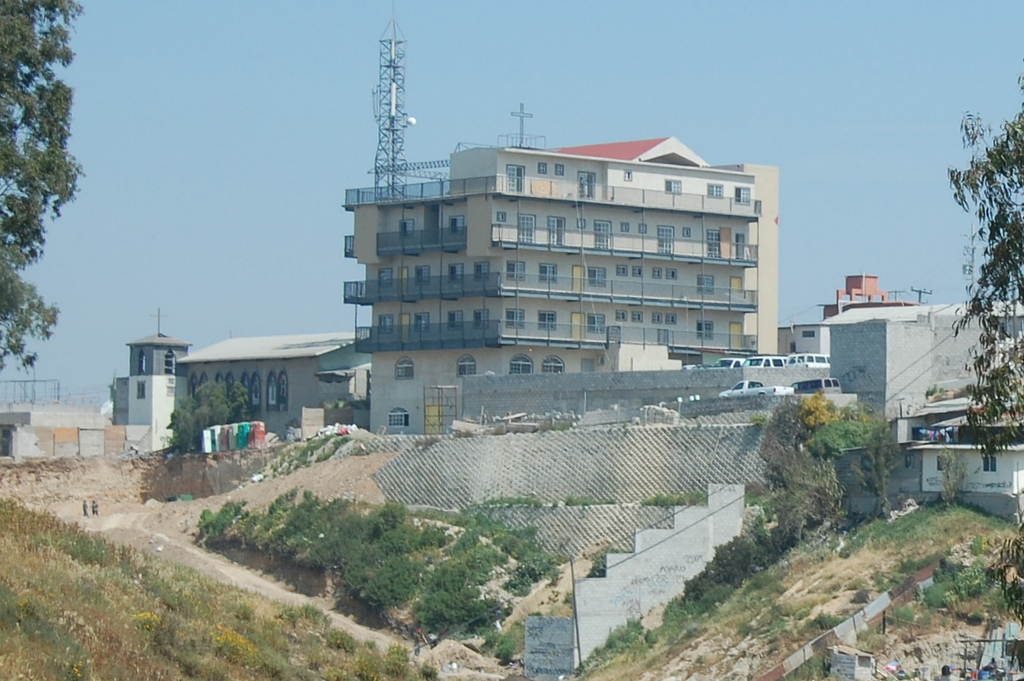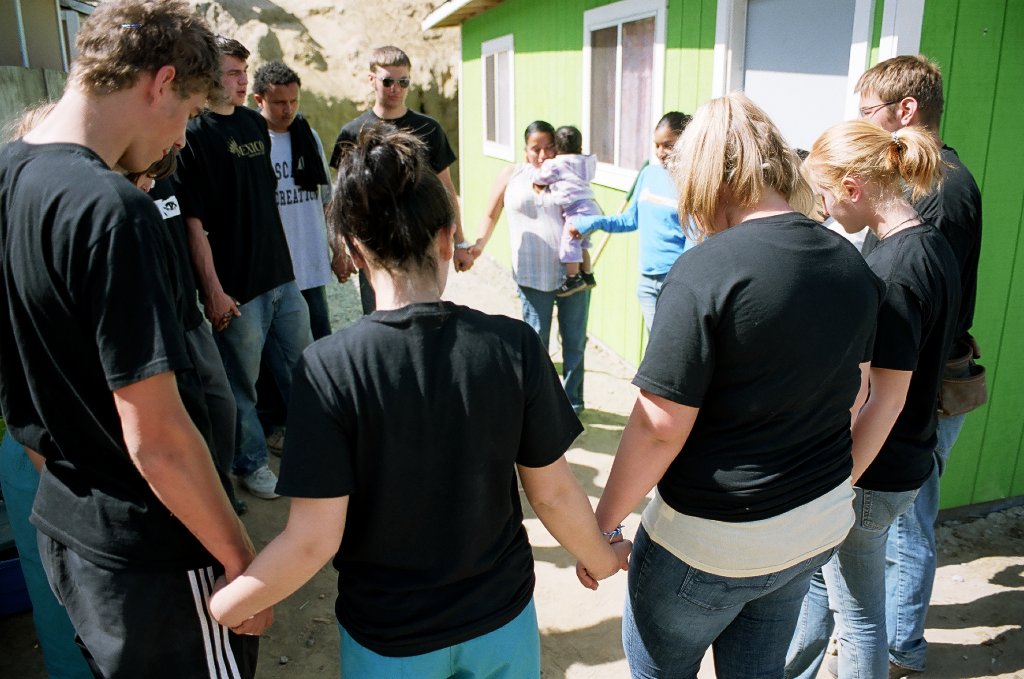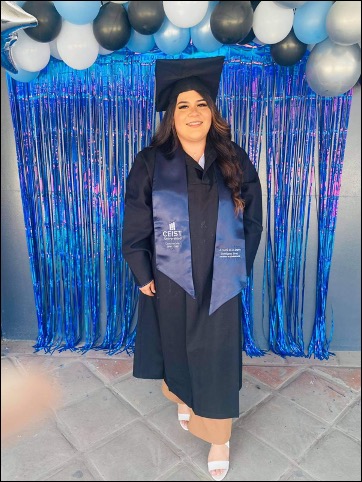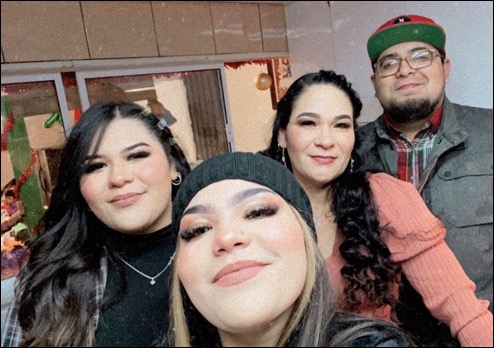This article is part of a series, taking a deeper dive into each of Doxa’s five values. Our last article was on collaboration with local organizations.
Empowering young people has been central to Doxa since day one. At a basic level, empowering others involves equipping with necessary tools and facilitating opportunity. When both of these are done well, it leads to intentionally holding space for growth. Allowing young people to surprise you as their unique gifts blossom and develop.
Another essential part of empowering young people is not controlling the outcome. Allowing space for failure also means allowing space for success. Having young people develop their own motivations and agency results in growth. We, meanwhile, fully acknowledge that this process may be a bit bumpy. Afterall, life isn’t always perfect.
Doxa has been careful to incorporate the value of empowering young people into the fabric of each mission area: house building, education, and community. It certainly looks different in each area, but the central ideas of equipping and facilitating remain constant.
House Building
In the early 1990s, house building operations were just starting. Volunteer groups were all comprised of high school youth from churches. James B. Notkin, youth pastor at the time, recalled using the house building experience as part of a shift in youth ministry from an entertainment model to an empowerment model. An opportunity that allowed young people to push themselves, see Christ in a new way, and make a big impact on others in the process.
Doxa provides the materials, qualified recipient family, tools, and manual necessary to build a house. The design of the house is purposeful in its simplicity, utility, and appropriateness for the context in which it is in. A wood structure that is easy enough to build for those without experience, but also of necessary building standards and quality for life in Tijuana. This intentionally provides space for groups of young people to successfully build a house in less than a week’s time with little or no building experience. It is not necessarily easy, days can be long, hard, and dirty. However, it is more than doable and each team completes it in their own way.
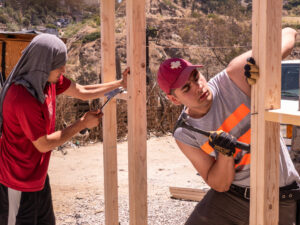
Oftentimes, the takeway message is that young people do not need to wait, get more educated, have more experience, or grow up in order to make a meaningful difference in the world. That through the gifts they already have, and those they will develop along the way, young people are ready to start now. Another factor, which sometimes gets overlooked is that building a house is a very tangible outcome. It’s easy to step back at the end of the week, see the difference and the life-changing impact on the recipient family (not to mention the cross-cultural relationships that have been formed). It’s a very perceptible experience from start to finish.
It is Doxa’s hope that this house building opportunity of empowering young people will spill over into other areas of their lives. As they return back home, changed from their experience in Tijuana.
Education
Doxa takes a holistic approach to its education program. Mexican students come from varying backgrounds, so each needs a little something different in order to have the opportunity to succeed scholastically. Equipping students can mean providing uniforms, shoes, backpacks, school supplies, tuition fees, transportation, and medical/dental/vision checkups. These are the basic necessities just to get in the door and have an opportunity.
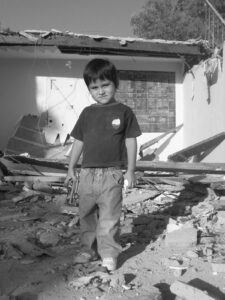
Thinking beyond the basic necessities, Doxa further provides the opportunity to study well and succeed. We do this by operating after-school resource classrooms with qualified tutors, Internet, and computer/printer access. These dedicated spaces, provide the opportunity for students to study in a focused atmosphere that is not distracting or full of other temptations. Almost all of Doxa’s students live in houses that are no larger than 500 square feet and house 4-8 people. It’s extremely rare that any of them would have a dedicated study space.
Thankfully, in the past several years, it has gotten easier to find spots in school for incoming students. However, in the event that a family can’t find a spot in school for their child, we use our network to help. Tijuana’s school system is made up of several types of schools: federal, state, municipal, and private. Each school has its own teachers, principal, and rules. It results in a complicated patchwork system for parents to navigate.
Doxa is committed to do anything in order to provide a quality opportunity for students to succeed in school, but only when they are also motivated. Each family and student drive their own success, while Doxa takes care of providing the necessary tools and opportunity. This approach results in ownership over their school journey, with almost all students achieving higher levels of education than their parents did.
Community
In 2017, Doxa interviewed over 70 families who had received houses since the early 1990s. One of the key takeaways of this study was that youth who did not experience much outside of their own neighborhood ended up following in their family’s (and neighbor’s) footsteps. While not necessarily bad to do the same as your parents, it’s important to be equipped with the knowledge that there’s other options and avenues.
Empowering young people at Doxa’s community center is all about exposure and opportunity. It’s exposure to new skills, things, and experiences. It’s opportunity to put into practice, perform, and showcase what one has learned or seen.
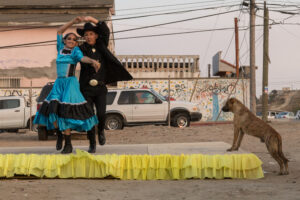
For example, Doxa’s dance group (called Yelitza) is led by Juan Sabino. He not only teaches the dance moves, history, and meaning; but also uses his connections to get performances lined up. Yelitza performs about 35 times per year in venues that range from city-wide performances to private parties. He takes the group all over Tijuana. It’s a way that Doxa’s youth get exposure to others within the dance world and can use Yelitza as a stepping-stone to bigger things. In this way, Yelitza’s reputation has also been elevated and is known for cultivating some of the best new dancers in Tijuana.
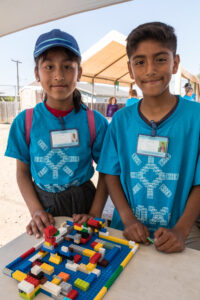
It’s also important to get young people exposure to new surroundings. Baja California is an extraordinary state, rich in history and natural beauty. However, you wouldn’t necessarily know that from living in the city of Tijuana. Each year, Doxa takes its youth to the cultural center and then out of the city for a camping trip. An opportunity to leave one’s surroundings and see something new. For many young people, this is their first time outside of the city of Tijuana.
Through exposure to new and unfamiliar things, young people’s imagination and curiosity are awakened. They can see possibilities that they didn’t know existed and try many different things to see what fits them best. After all that, if they decide to follow in their family’s footsteps, that’s great. And if they choose a different path, that’s great, too. It’s the provision of opportunity that allows them the freedom to choose and become motivated about their own futures.
